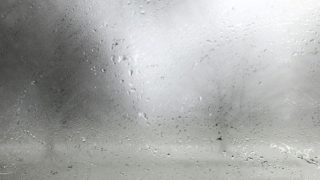
Guernica
MENA

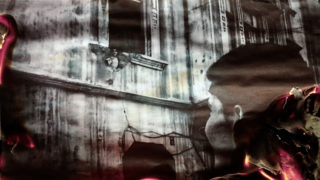
Beirut 2020: Diary of the Collapse
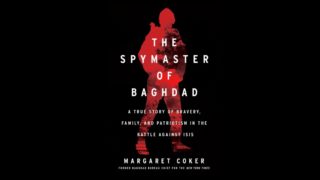
The Secret Spies Keeping Baghdad Safe

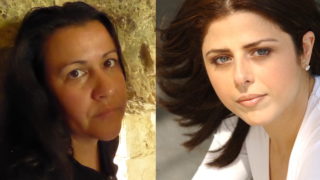
Natalie Diaz and Nathalie Handal: Map of the Next World
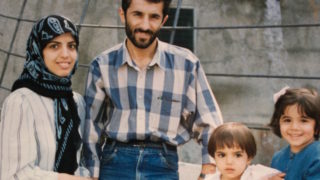
We Were All We Had
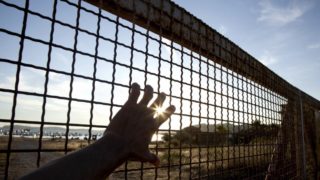
The Border Merchant
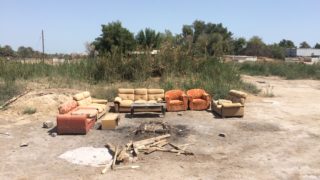
Bahrain on Horseback
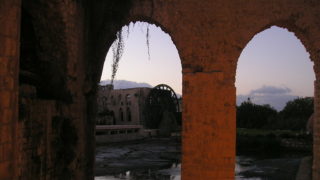
Bint el-Balad
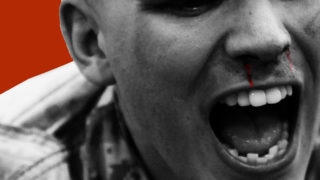
The Emperors of Existence
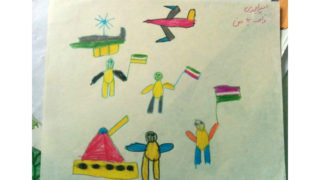
Fragments From a War-Torn Childhood
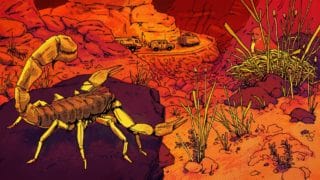
In Egypt, the Drying Up of Dissent

Journey in Blue: Myths of the Mediterranean
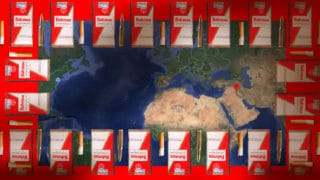
The Cleric and I
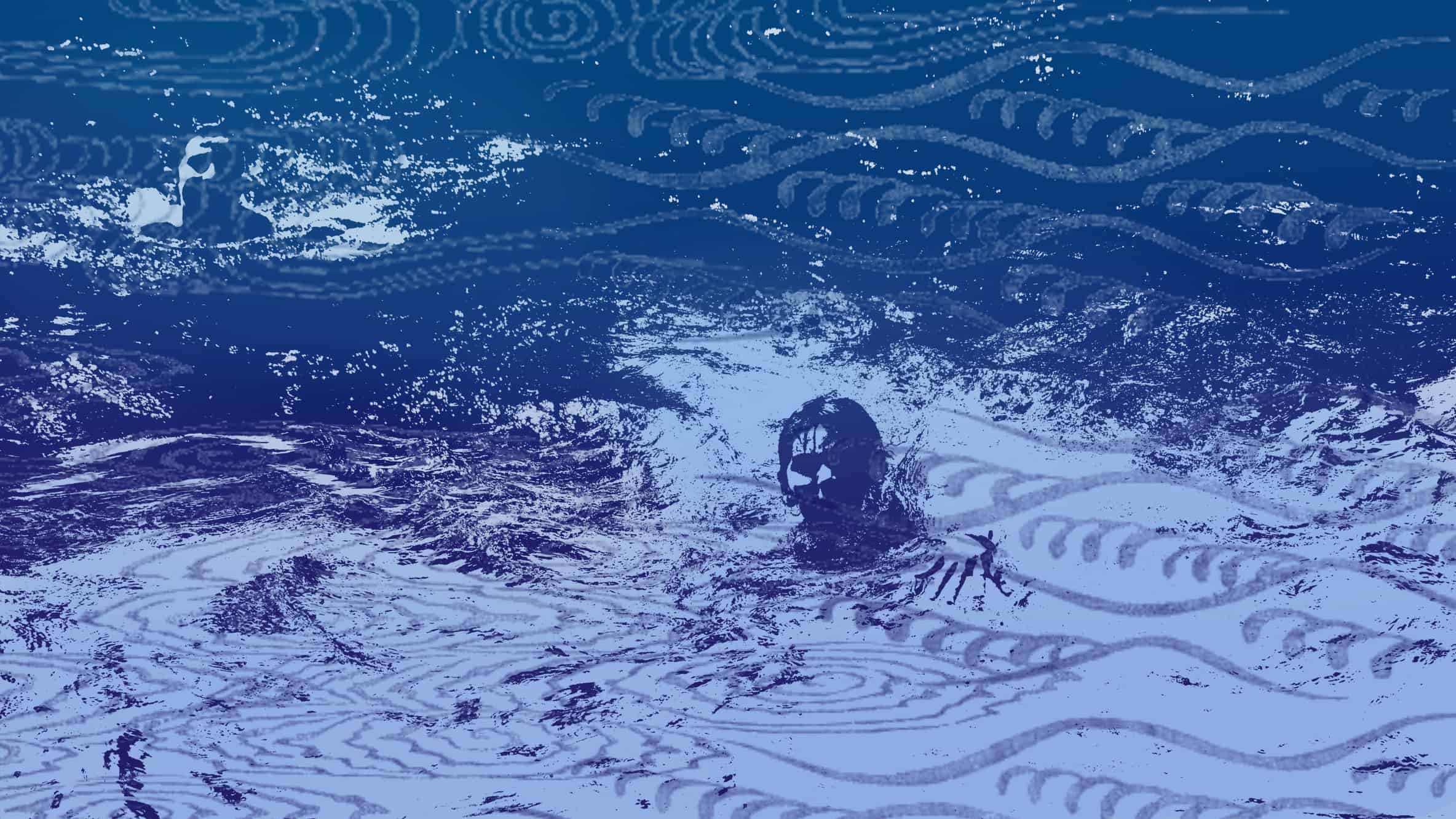
Doctor of Refugees
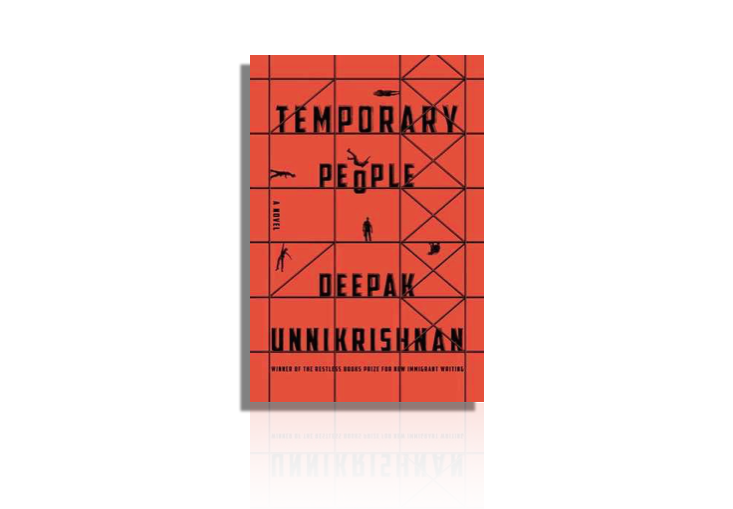
Deepak Unnikrishnan: We Didn’t Talk About Pain
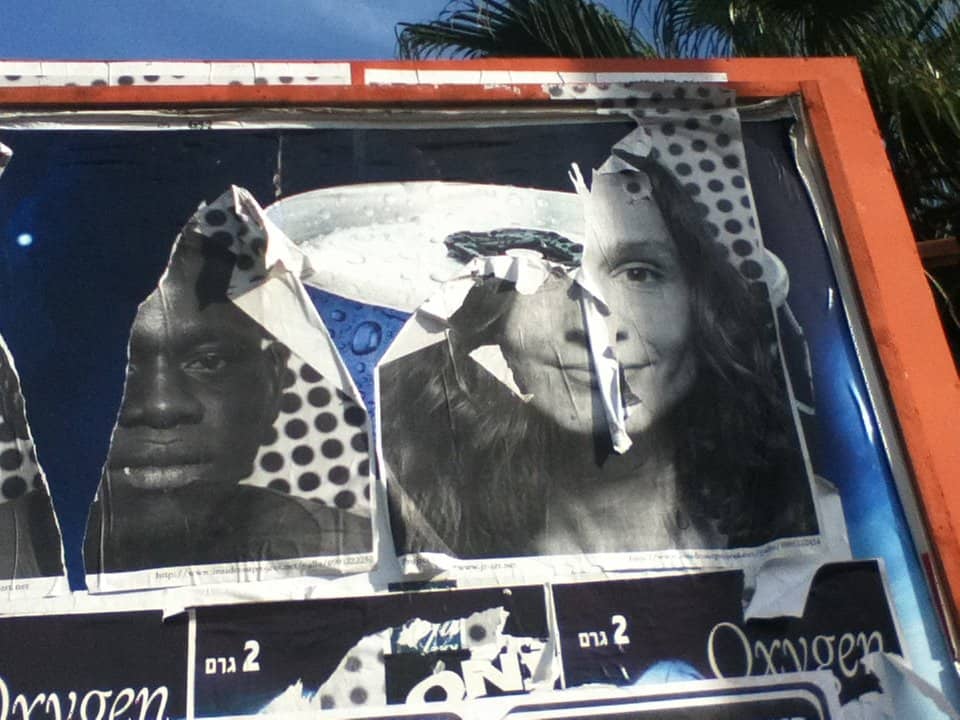
Madelyn Kent: How to Write Without Ambition and Resistance

Sholeh Wolpé: If I Do Not Translate, It’s A Sin
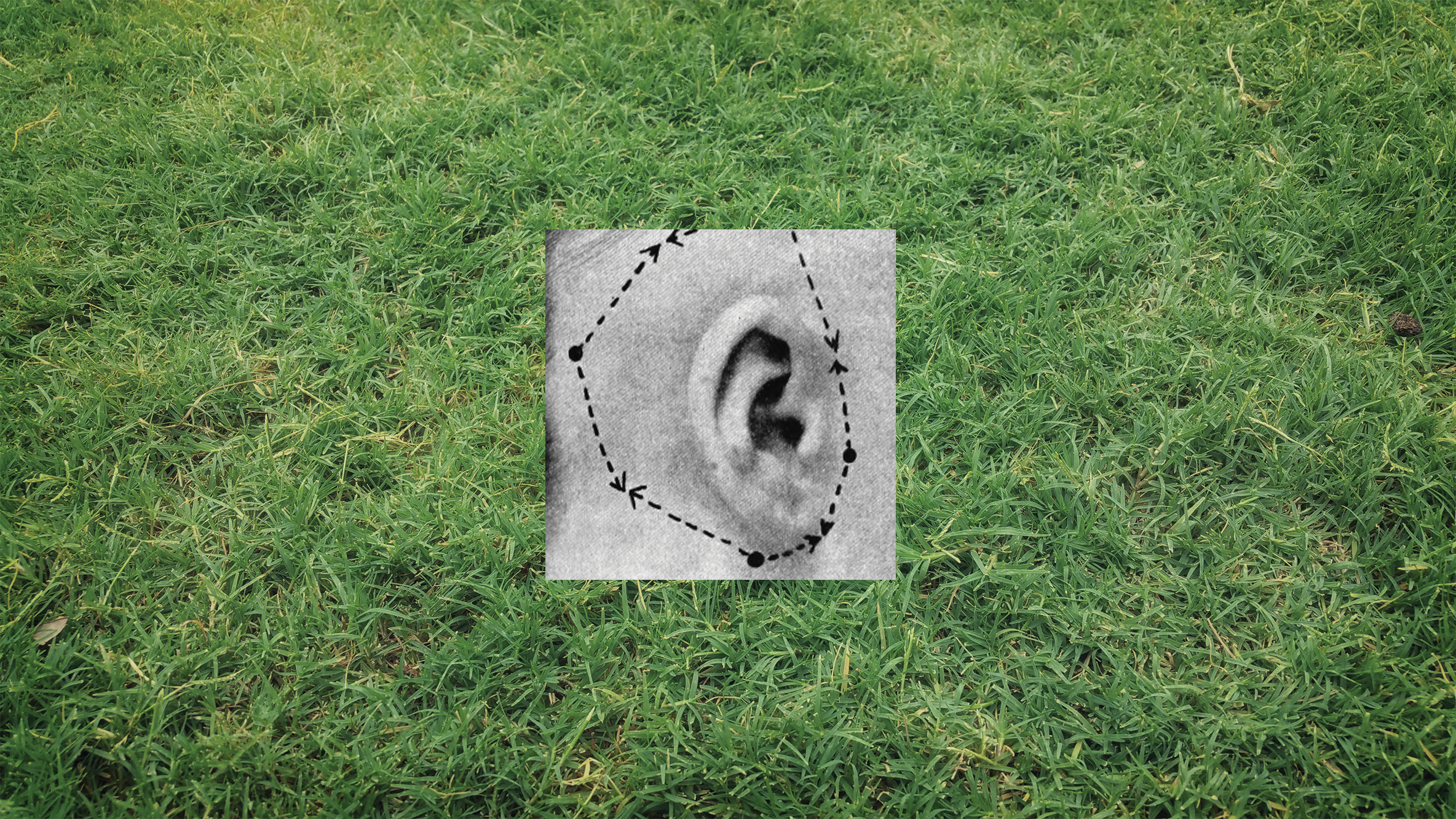
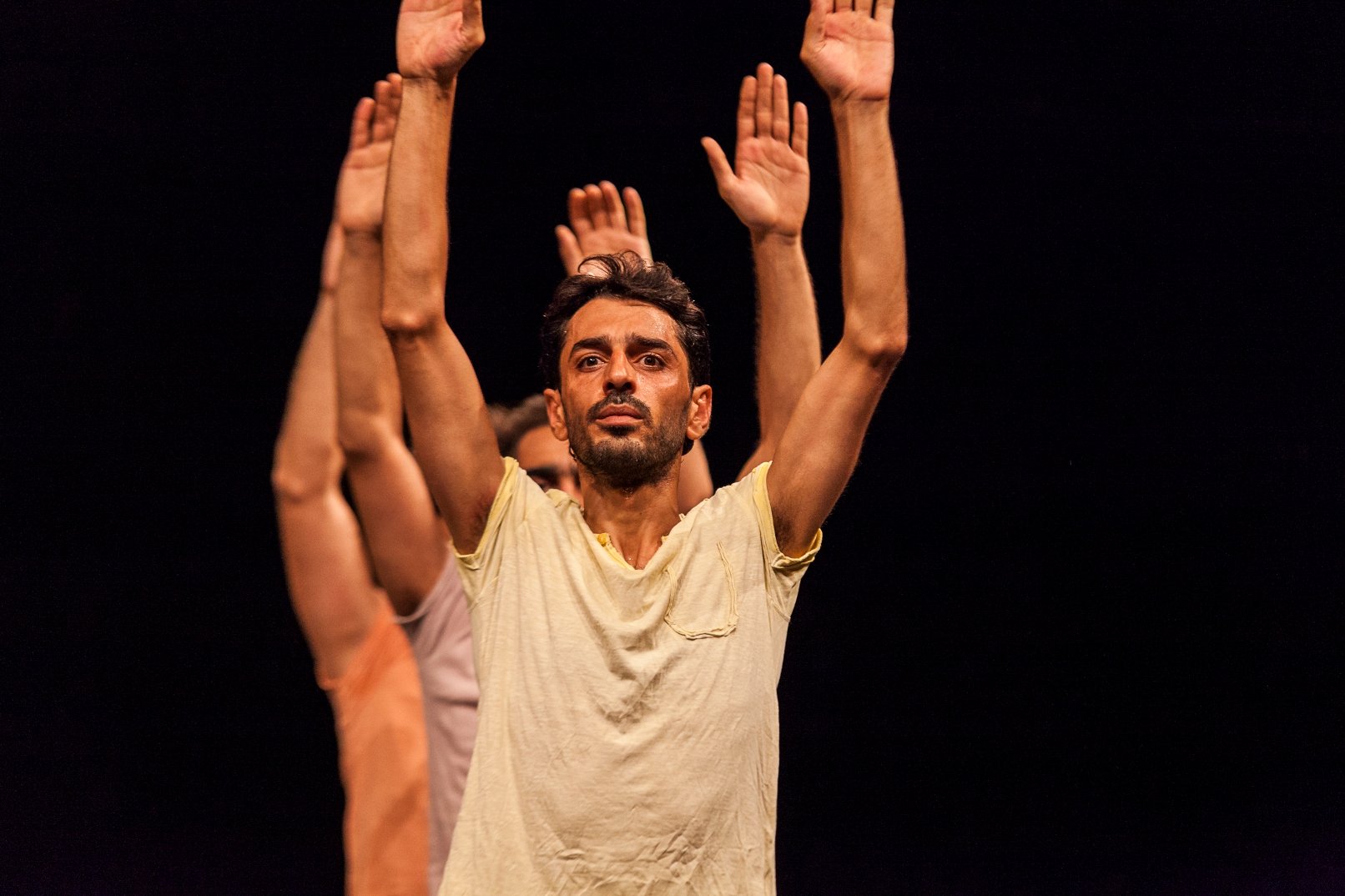
Mithkal Alzghair: Dancing Displacement
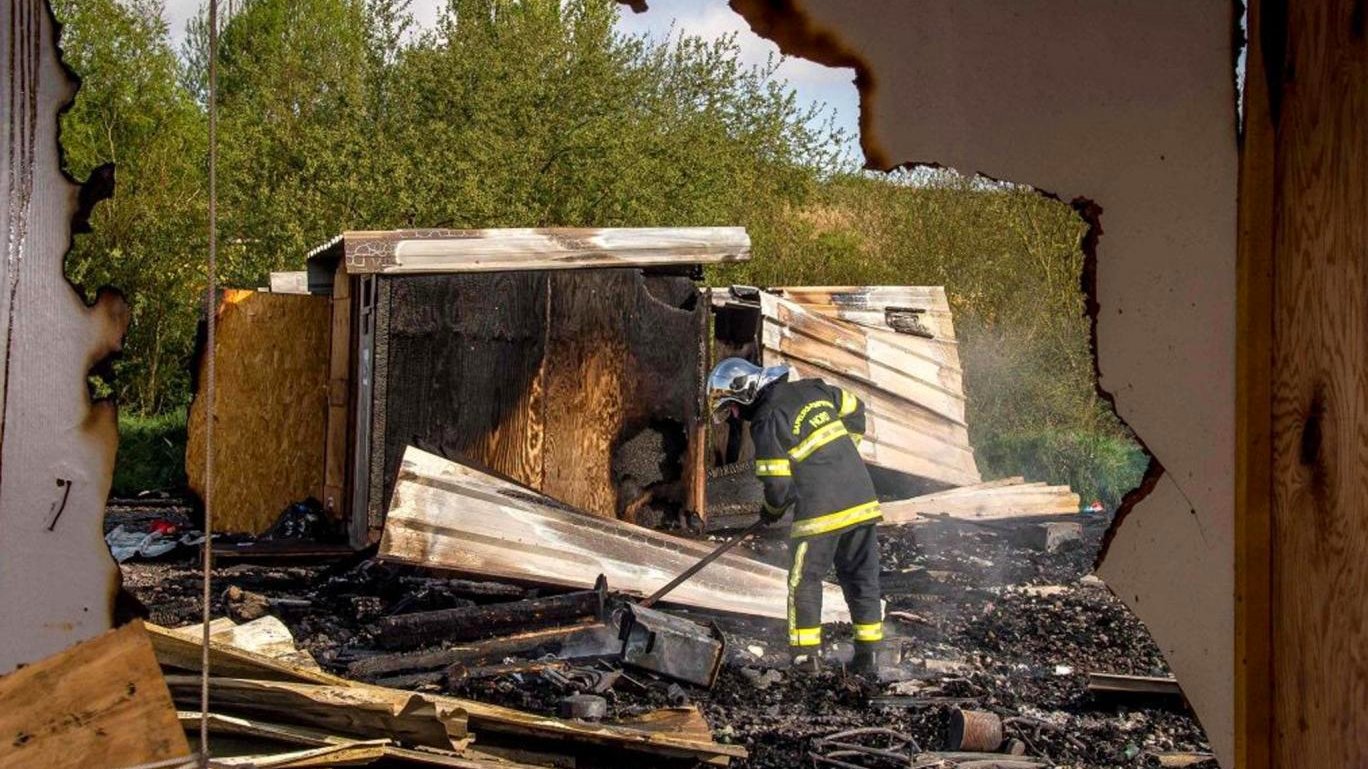
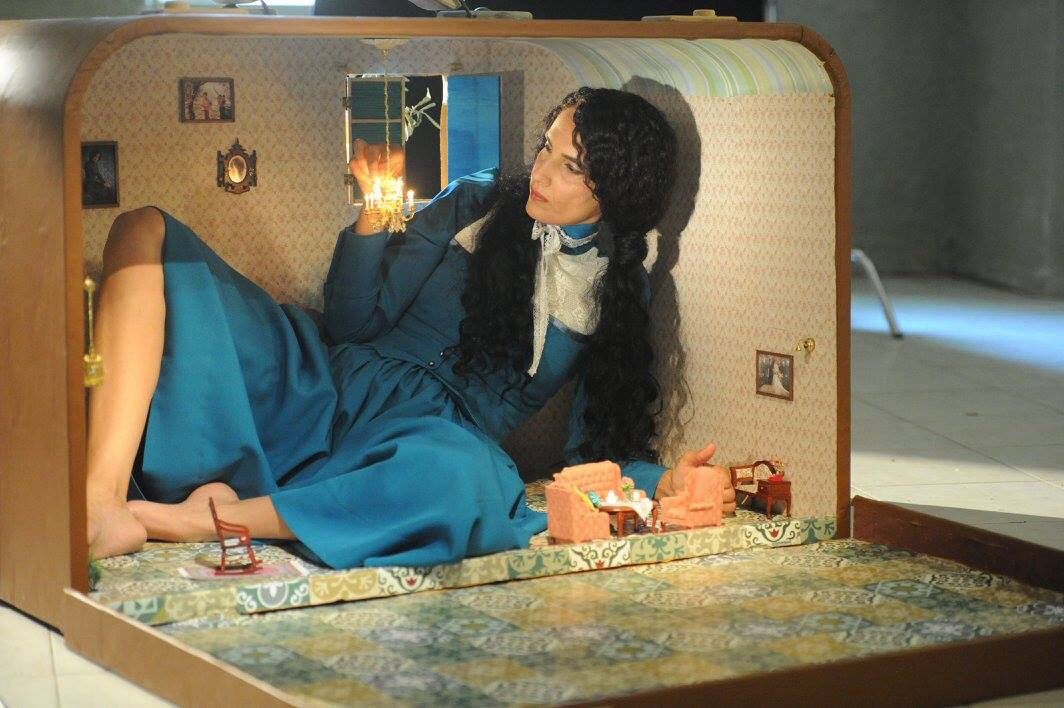
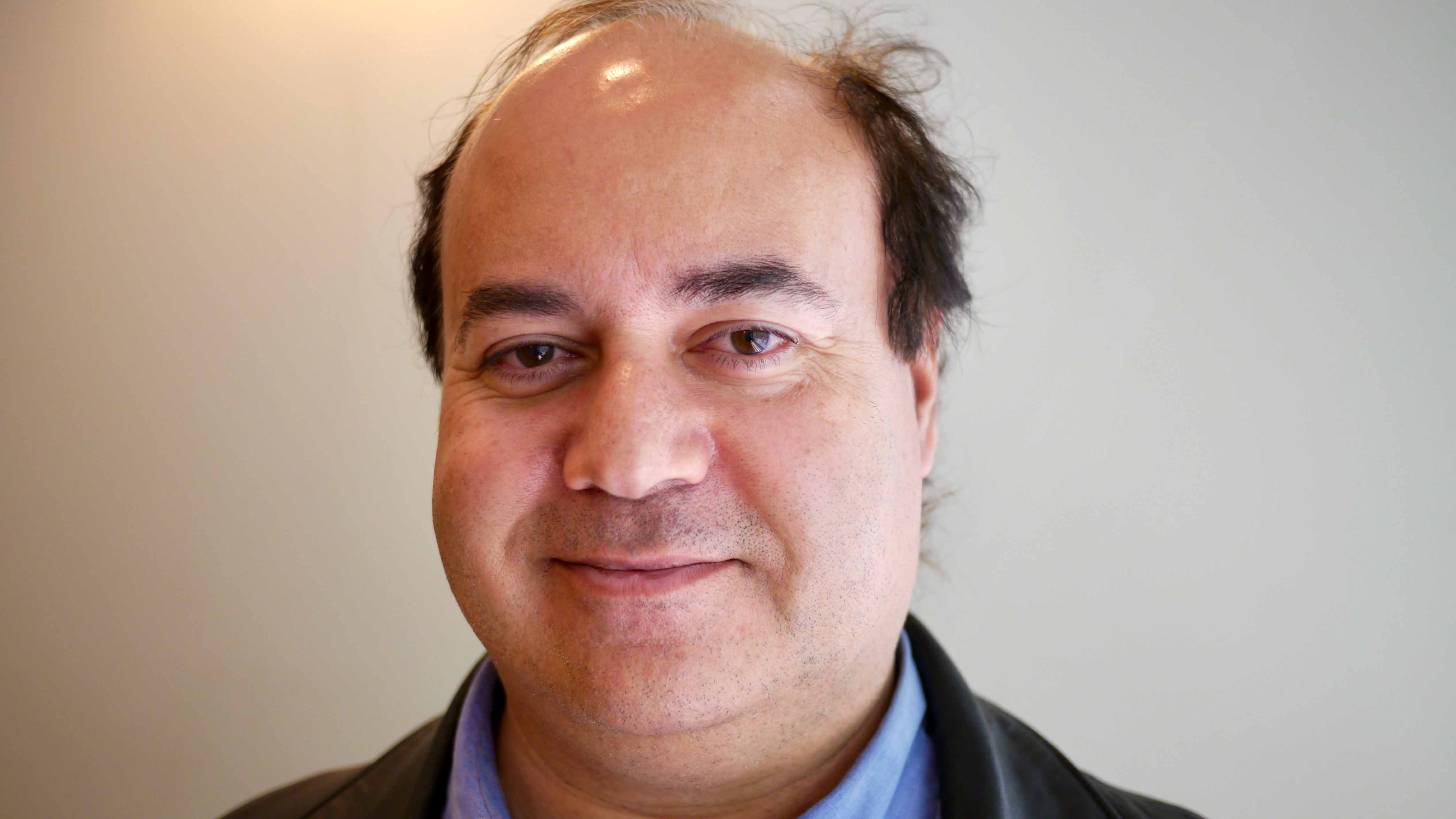
Osama Alomar: The Whole World Is Fighting
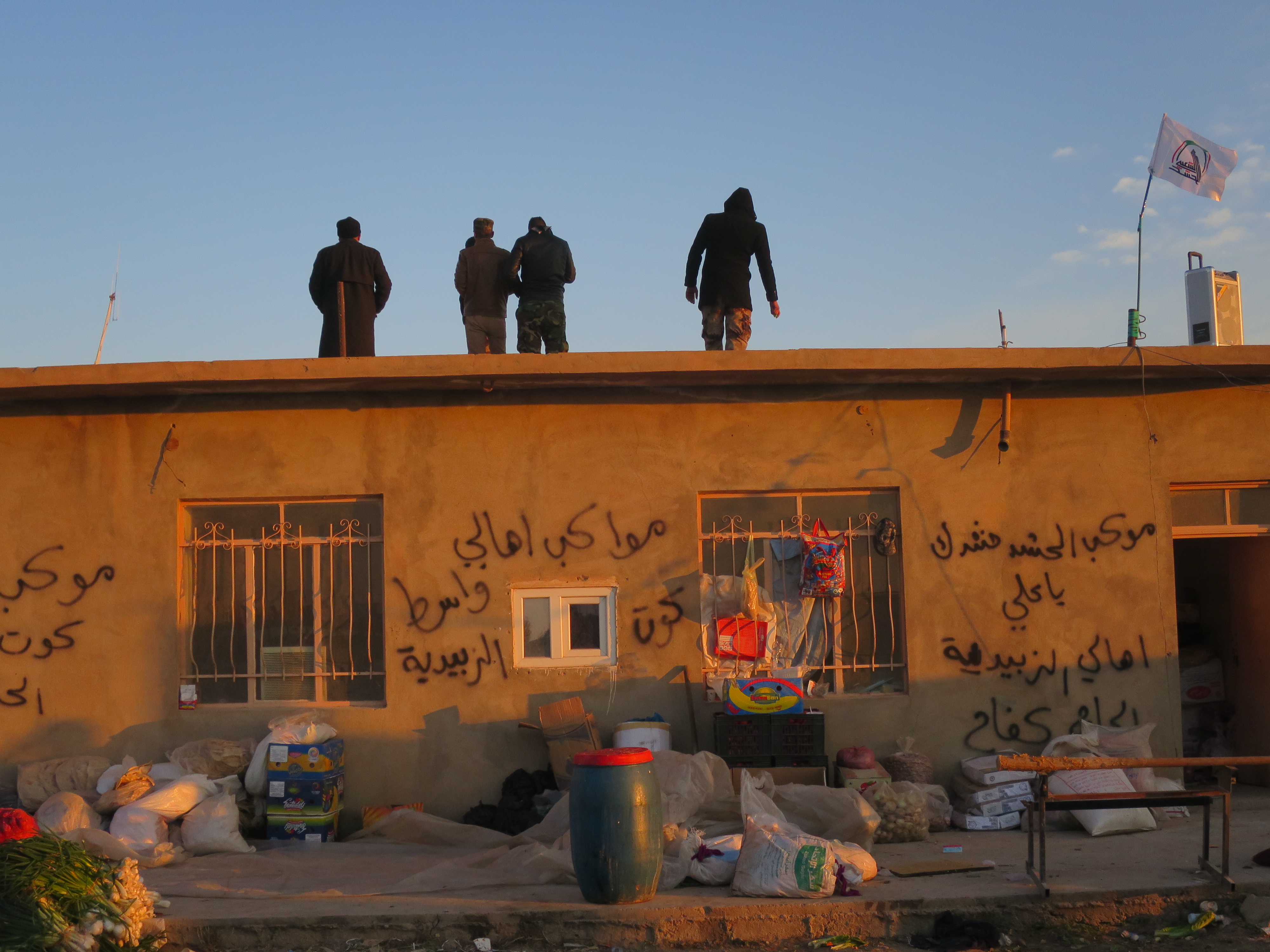
The Road to Tel Afar
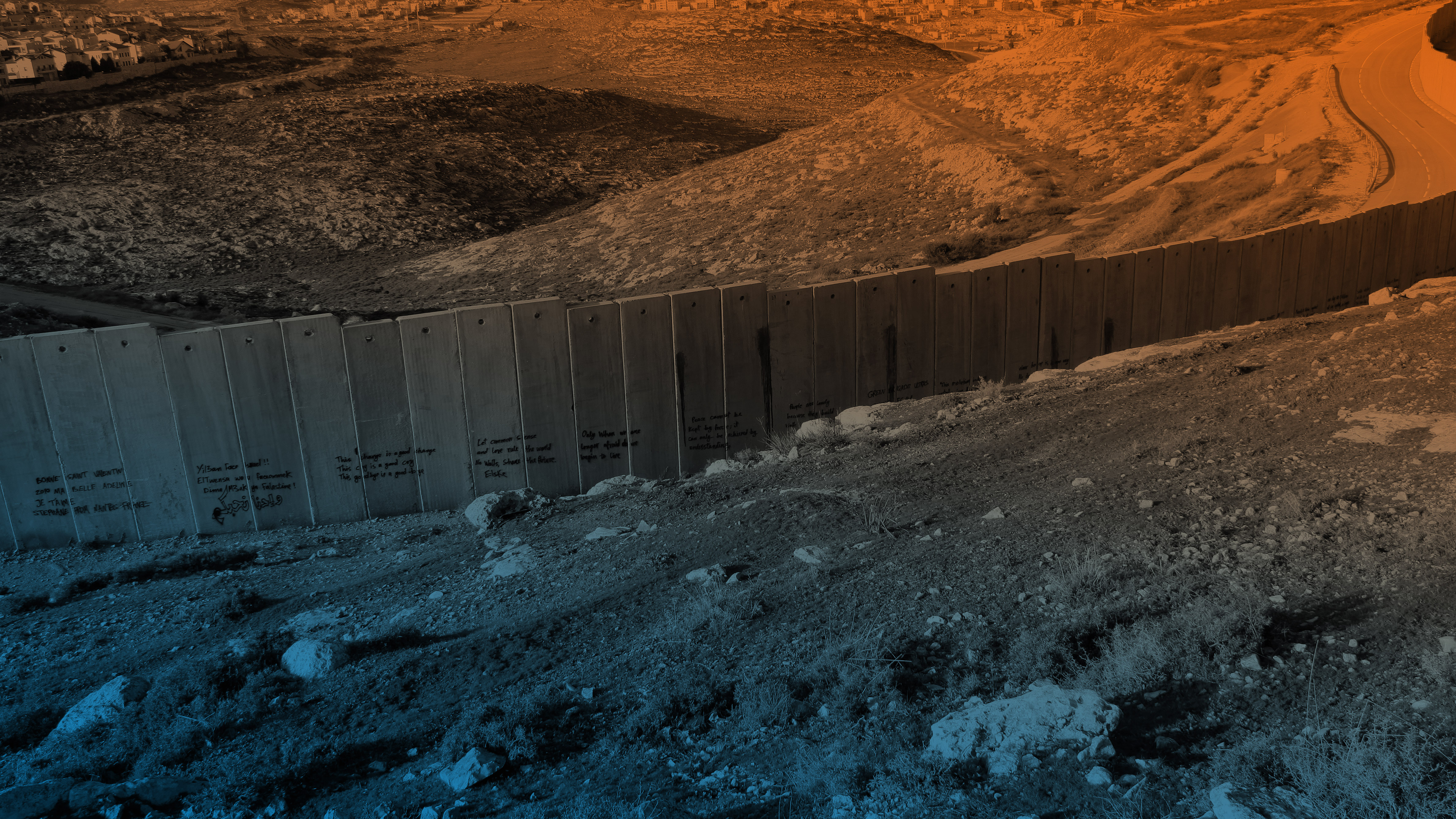
Architecture of Persecution
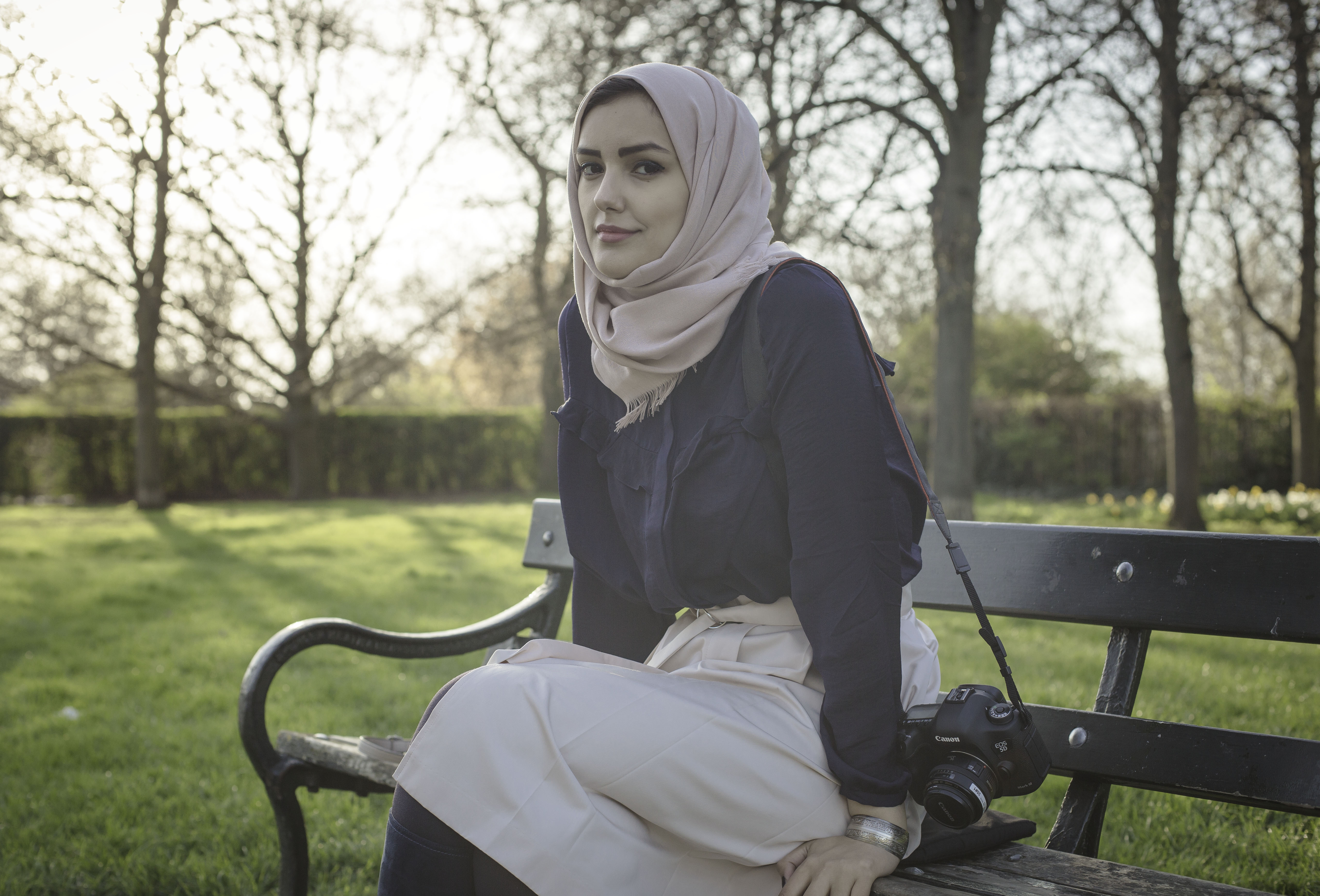
Thana Faroq: The Streets Are Not Empty
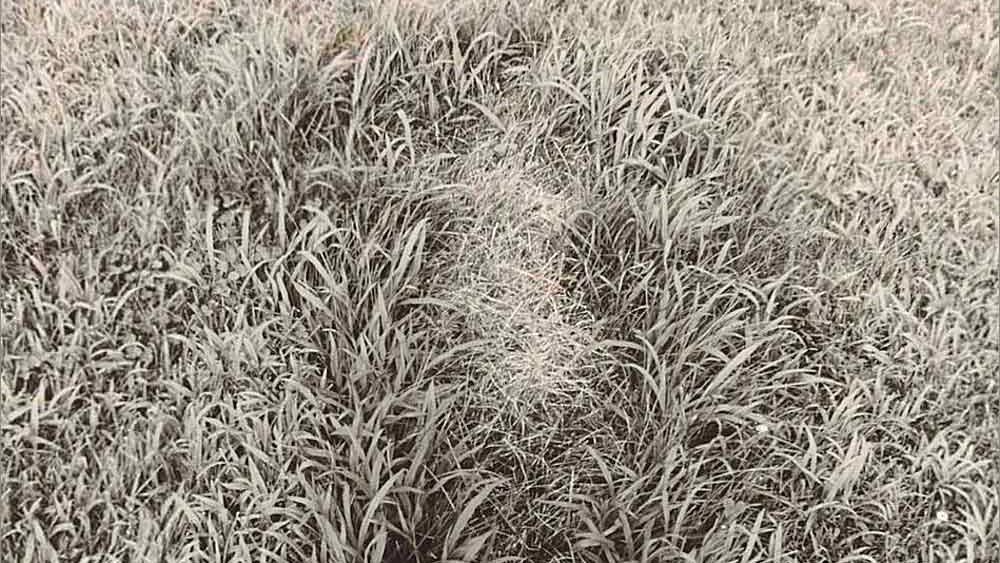
Atonement and Sacrifice
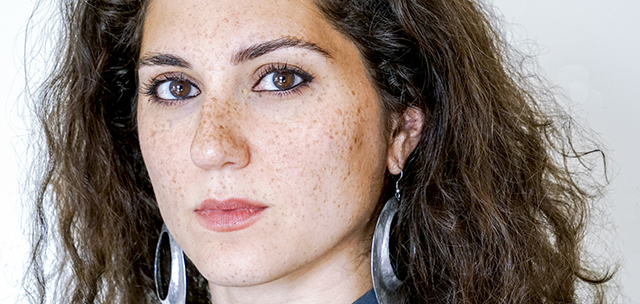
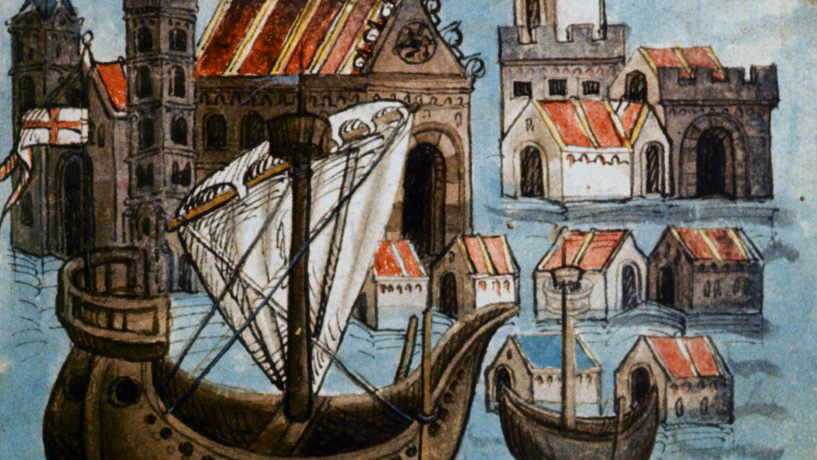

Wars Are Permanent Around Here: Dispatch from Kurdistan

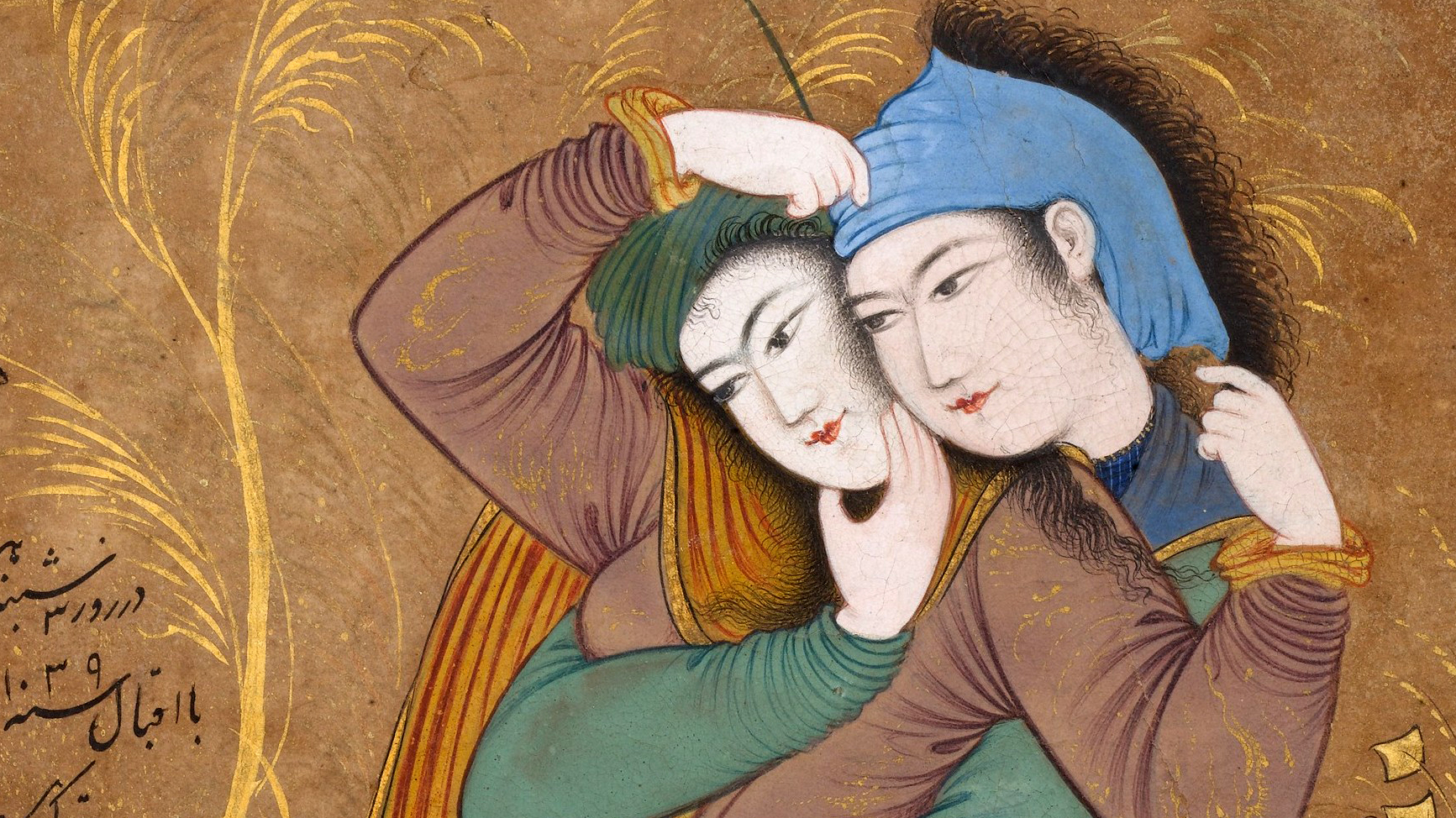
The Night and Nightingale
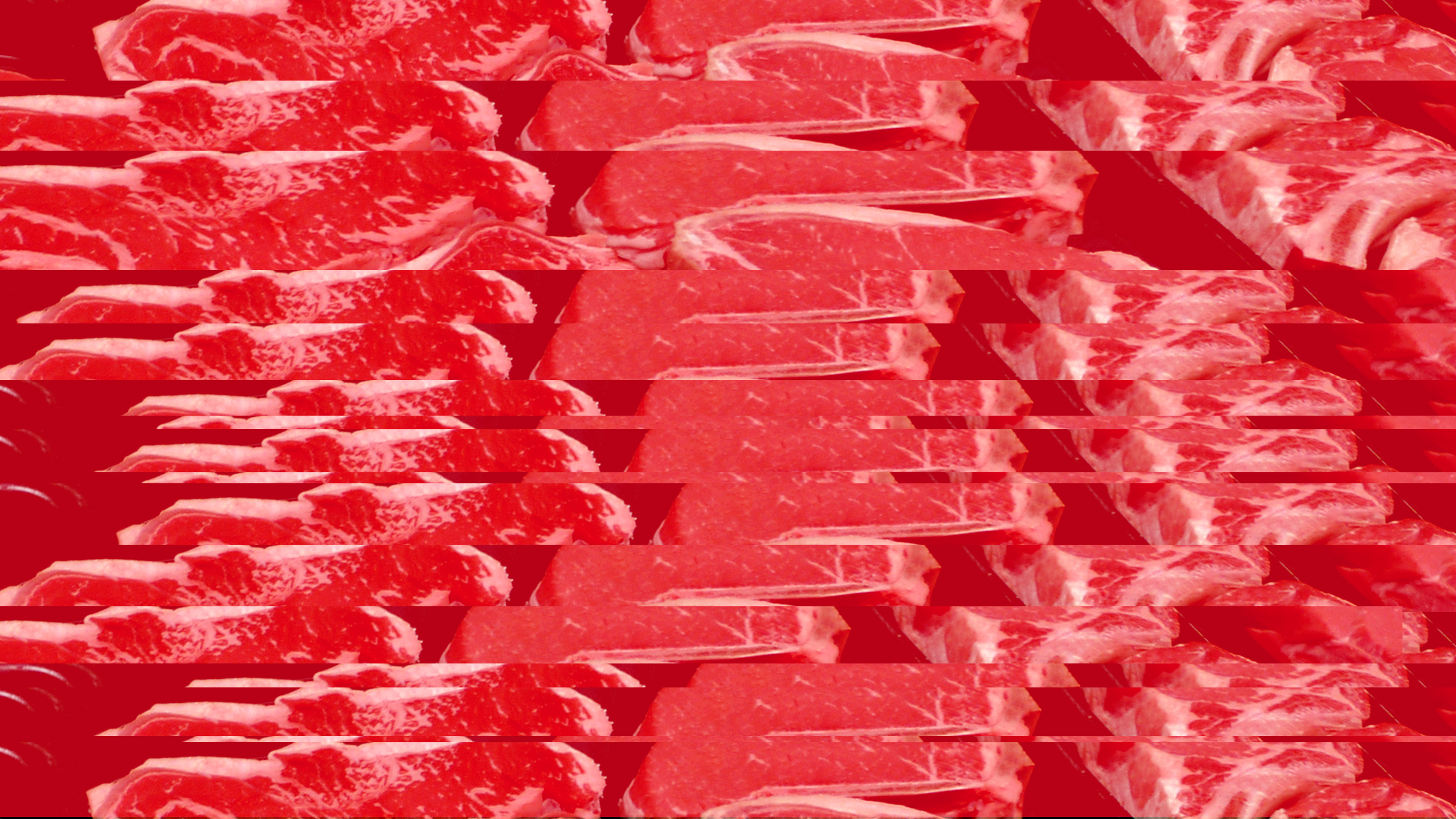

In Lebanon, Seeking Refuge
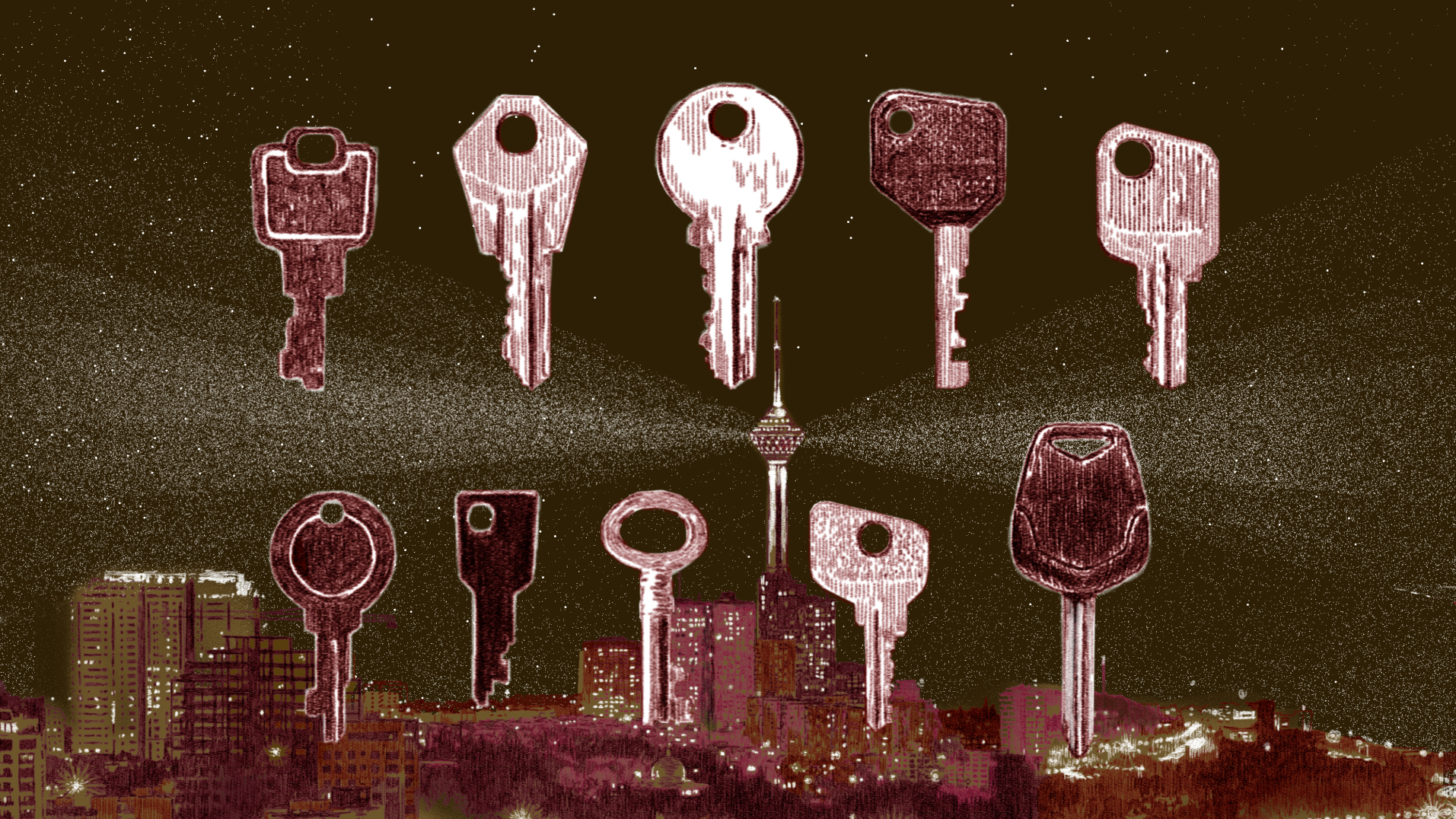
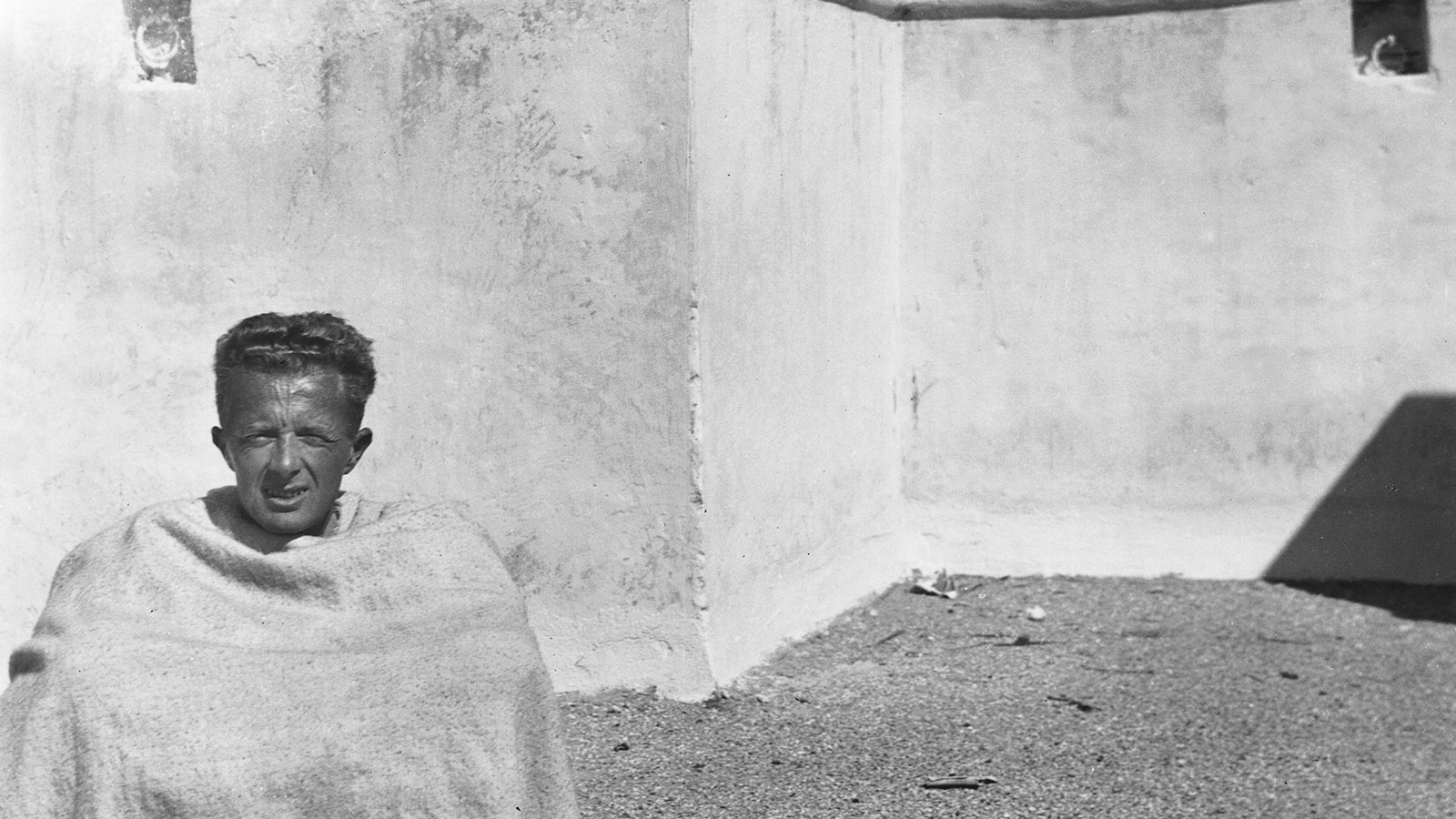
Paul Bowles & the Music of Morocco
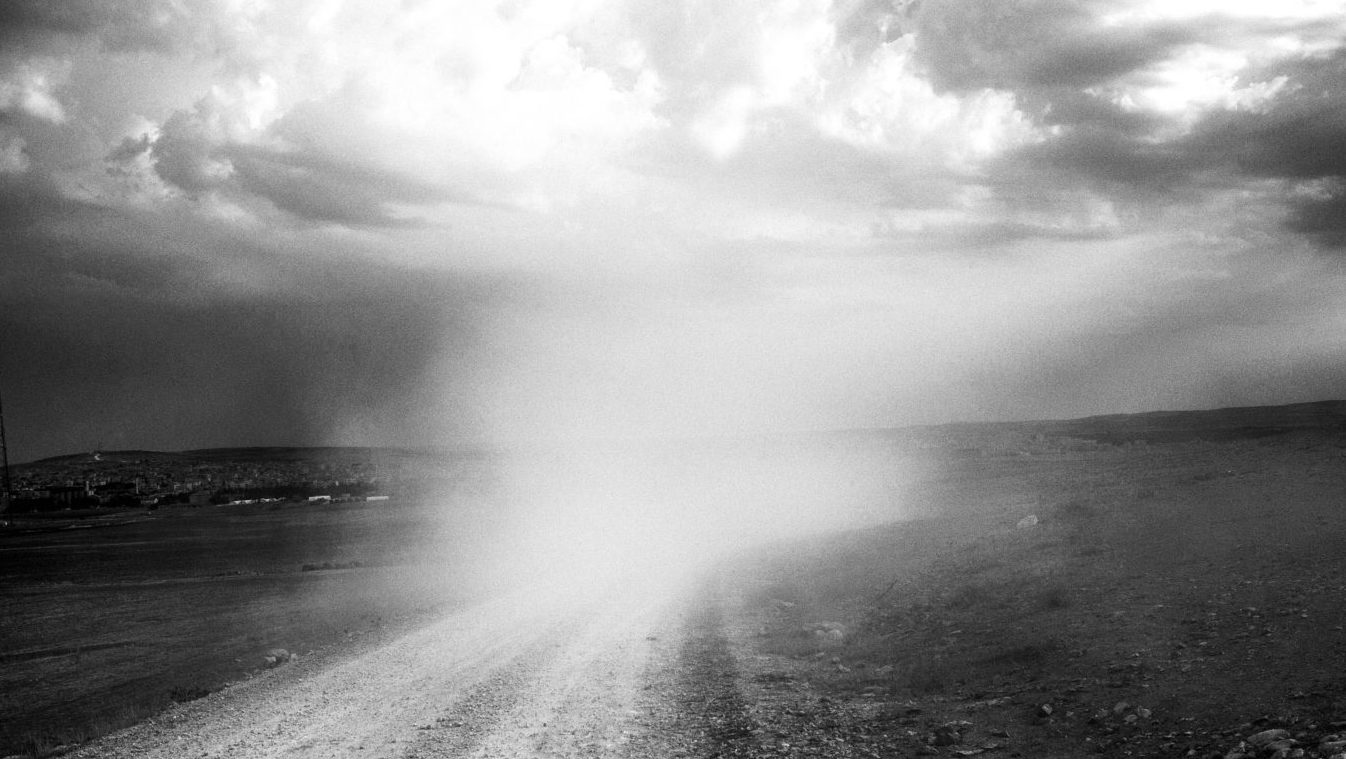
Louder Than Bombs
Photographs of war from the border of Turkey and Syria.
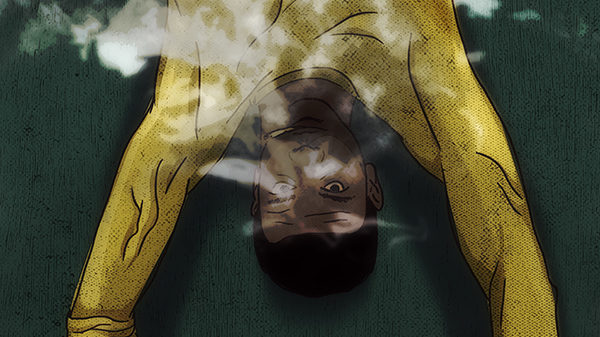
The Clown and the Caliphate
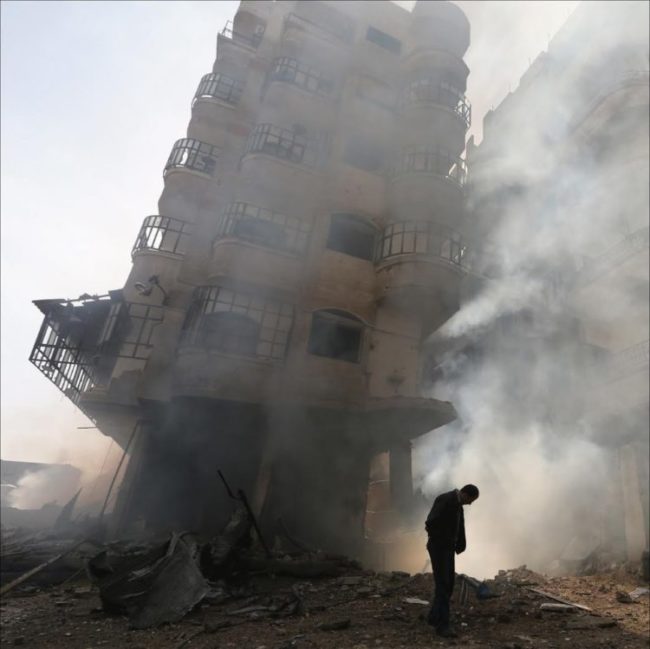
Robin Yassin-Kassab and Leila Al-Shami: Mirror from Damascus
In a war that remains unfinished, two Syrian-British writers acknowledge and affirm those whose stories and lives may be lost in its course.
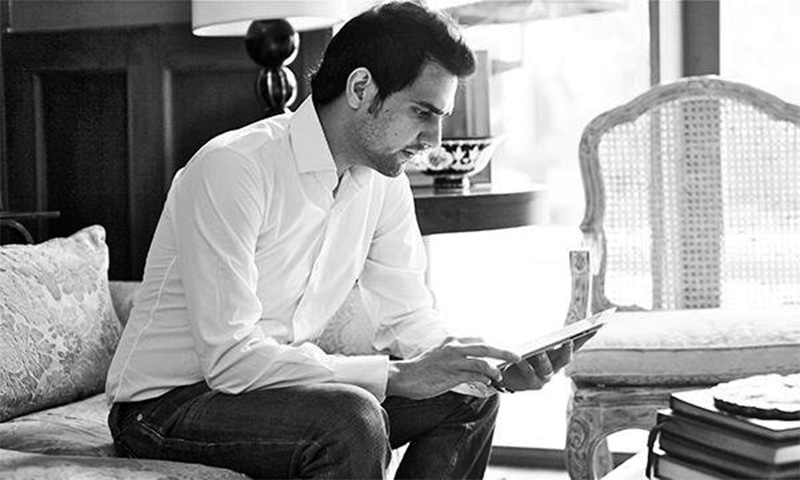
Shahbaz Taseer: How Could I Live Anywhere Else?
Farhad Mirza interviews Shahbaz Taseer about his experience as a captive between two battlefronts, and how his faith gave him the hope he needed to survive.
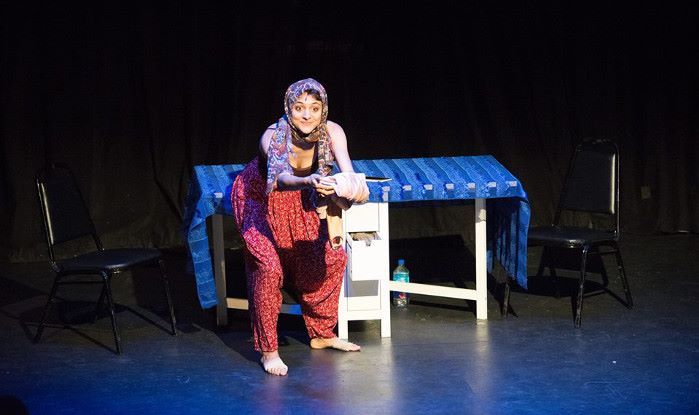
Aya Aziz: How Do So Many People Fit Into A Single Nobody?
Sara Elkamel interviews Aya Aziz about Islam, sexuality, and the dimensions of the self.
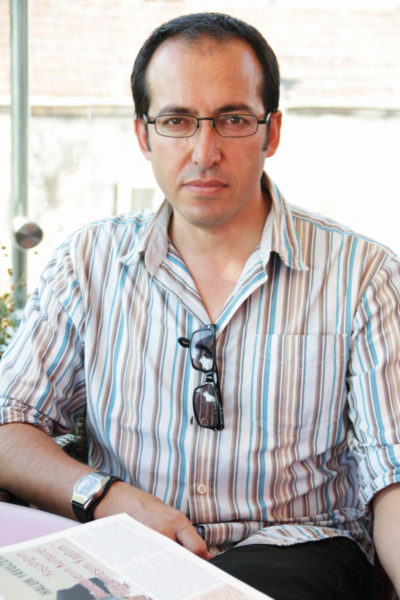
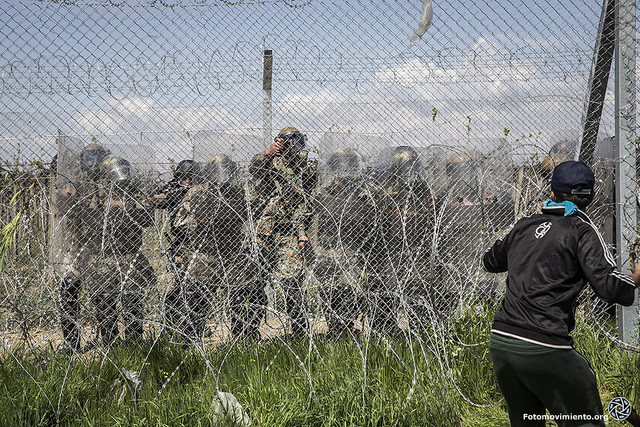
Warehouse of Souls: Inside the last days of the Idomeni refugee camp
For months, refugees caught in a "humanitarian logjam" near the Greek/Macedonian border lived in a makeshift tent city—until Greek officials cleared the area, replacing the fact of the camp with yet another layer of uncertainty.
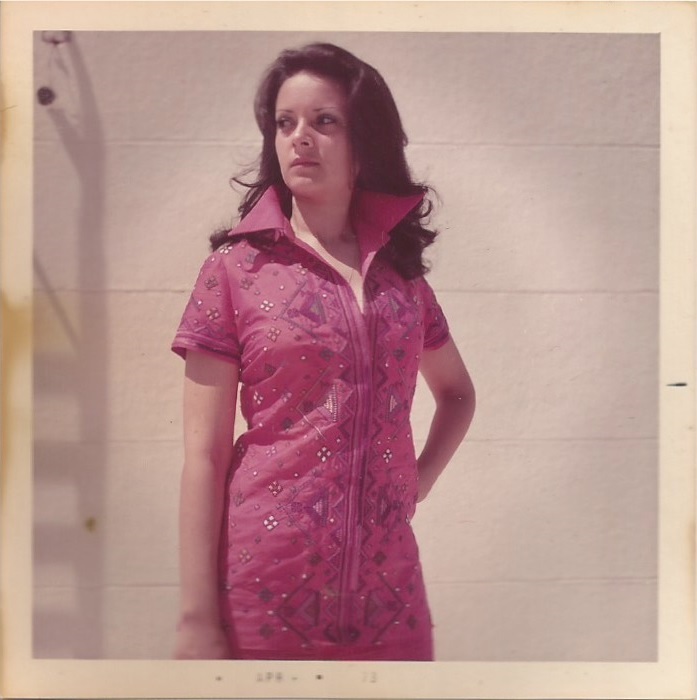
Fabric of Resistance
An exhibition in Beirut challenges conventional perspectives to tell a political history of Palestinian embroidery
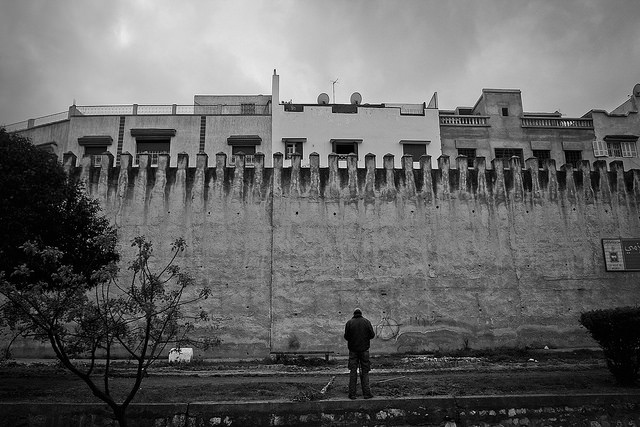
André Naffis-Sahely: Sublimated Rebellion
Erica Wright talks to translator André Naffis-Sahely about translating one of Morocco's greatest living poets and the 'commodity' of despair.

Kurdish Autonomy, Under Siege
How Kurdish rights continue to flounder under an authoritarian Turkey and an imploding Syria.
Cities of the Future: The White Center
While neighborhoods are being redeveloped, their histories are being used to advertise their future. History has become a marketing tool. Make use of the past and create the future with it: this is familiar for a country whose national ideology is built on an endless cycle of self-invention.
Cities of the Future: The Avenue of Faiths
On the crowded bus there was an Iraqi woman who was utterly lost; she did not know where her hotel was. With their broken Arabic, the other riders managed to figure out where she was staying and told the driver. The driver, in turn, halted the bus right in front of the Iraqi woman’s hotel— the hotel of a woman from a country Iran had fought a bloody eight-year war with.
Cities of the Future: The Bubble
During the difficult times that the bleeding Middle East as a whole and Israel in particular are enduring, times of religious fundamentalism, violence, racism, and despair, Tel Aviv has indeed been a bubble—a bubble that continues to draw to it many who still believe we can build a better future through action and not just through prayer.
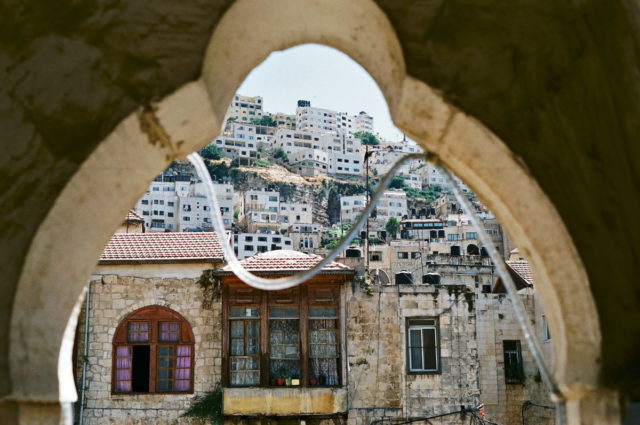
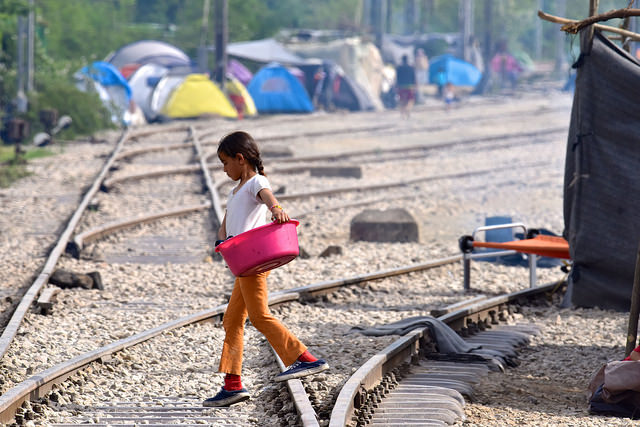
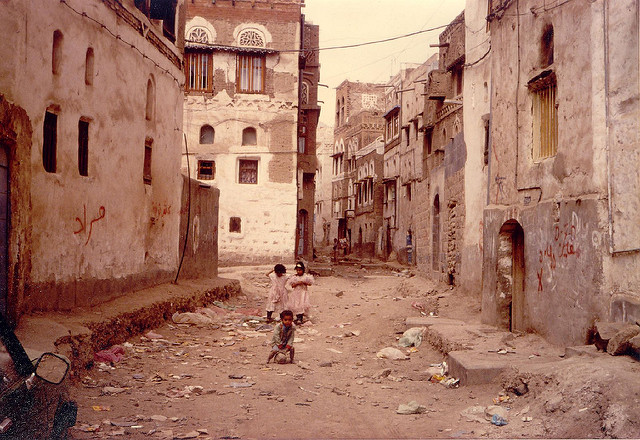
The Violence Was Once Mine
A journalist confronts her feeling of helplessness in watching a war from afar.
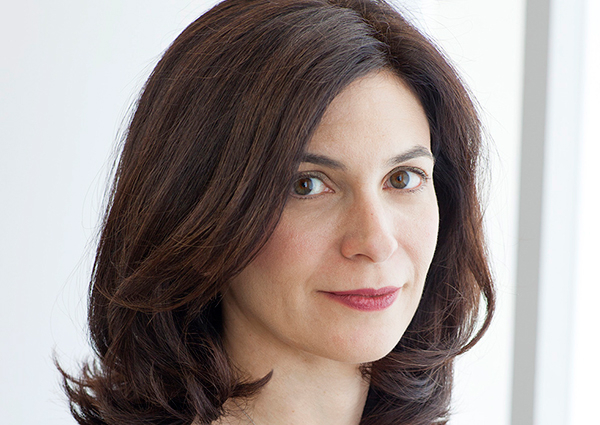
Laura Secor: The Language of Regime
The journalist on reporting from a post-revolutionary Iran and tracing the rich ferment of its intellectual and social history.
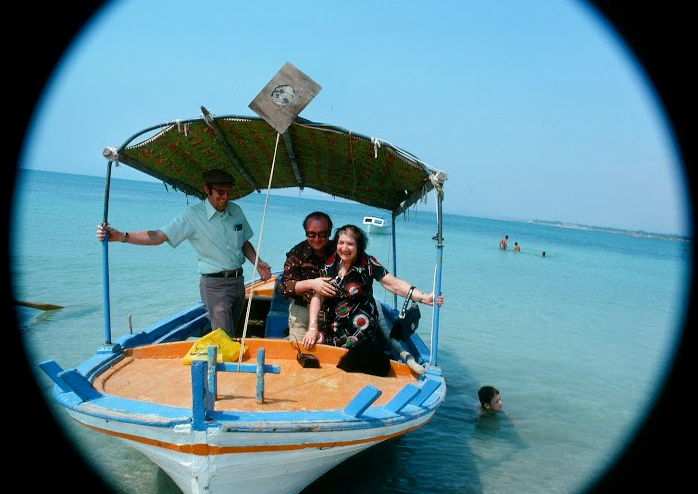
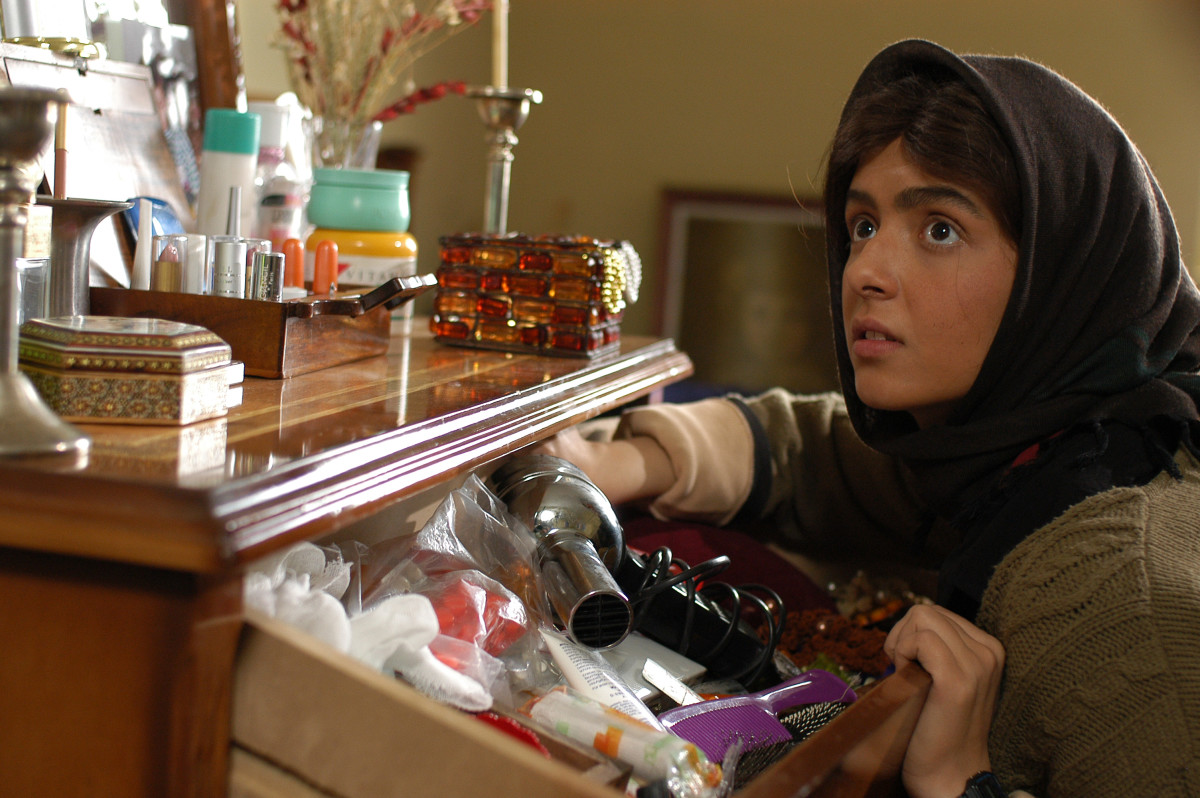
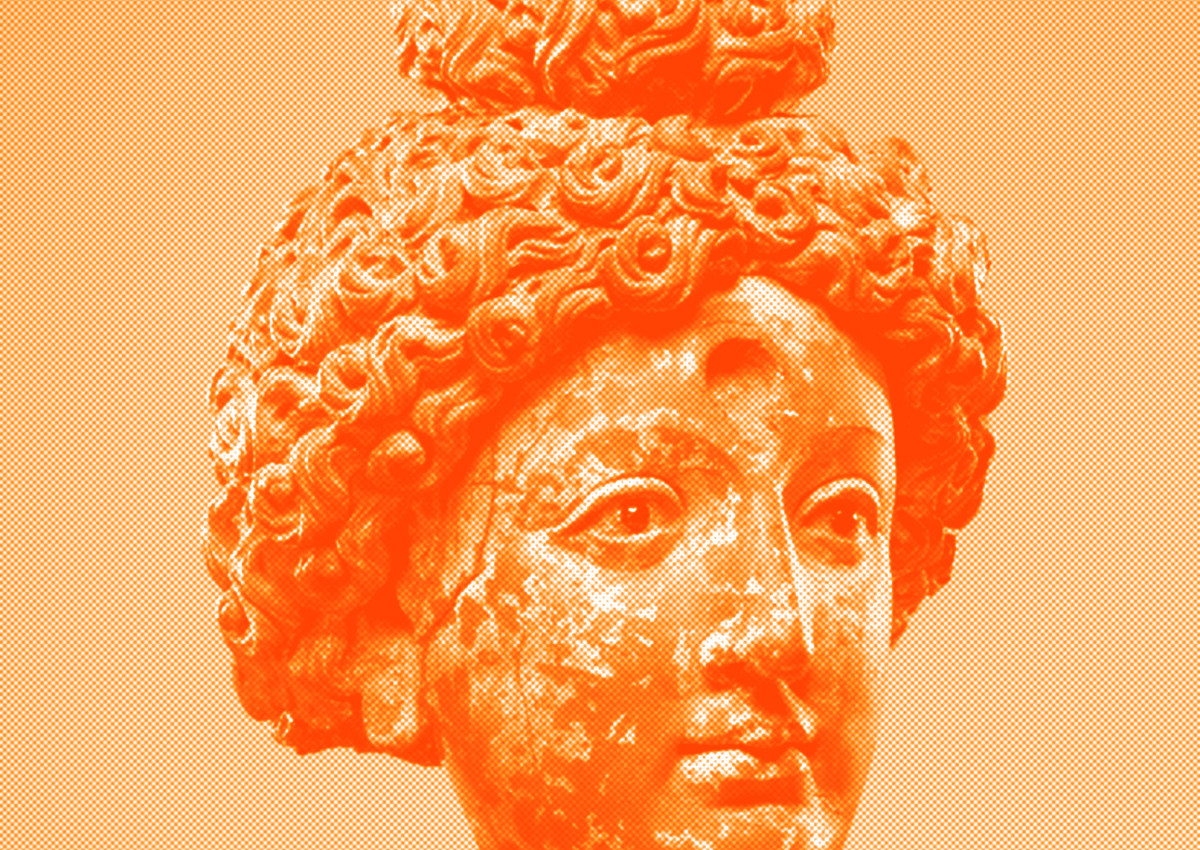
The Buddha of Kabul
At Tepe Naranj, archaeologist Zafar Paiman is working to preserve the remnants of an ancient monastery—and the memory of Afghanistan’s Buddhist past.
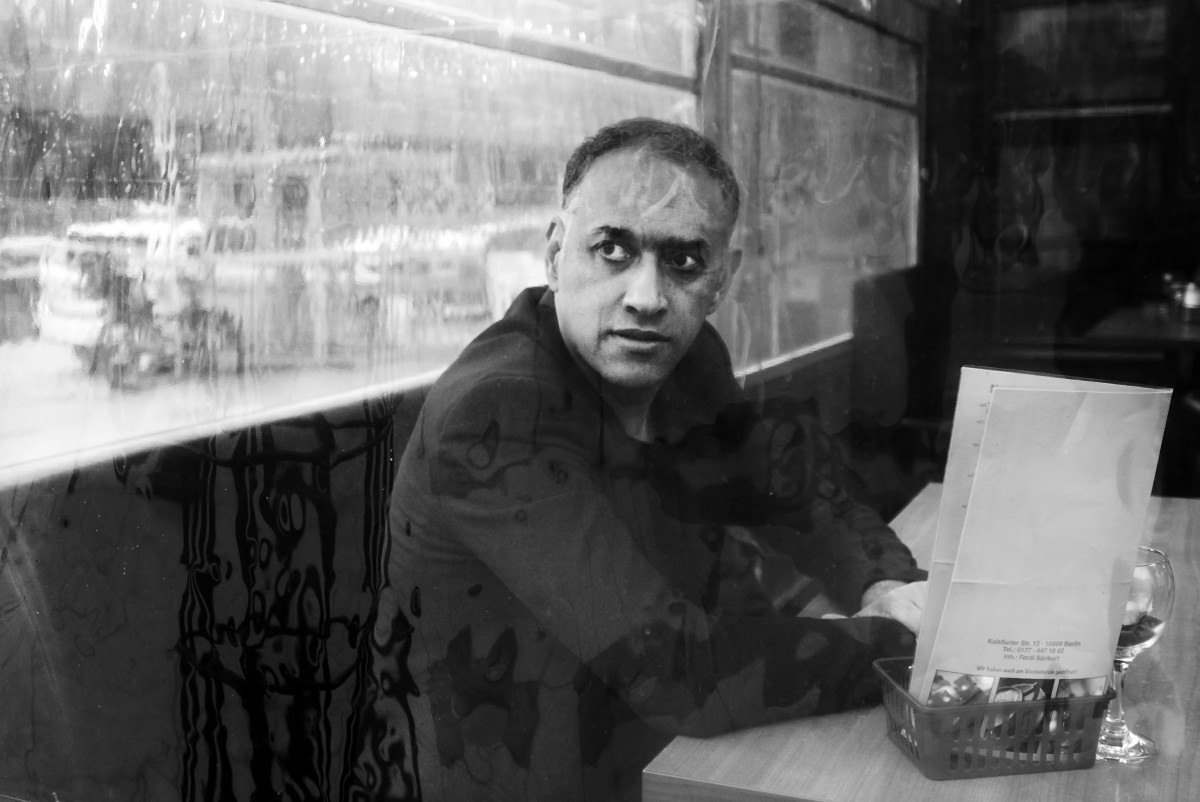
Kamal Aljafari: Unfinished Balconies in the Sea
Filmmaker Kamal Aljafari talks to Nathalie Handal about the poetry of memory, and displacement in Palestine
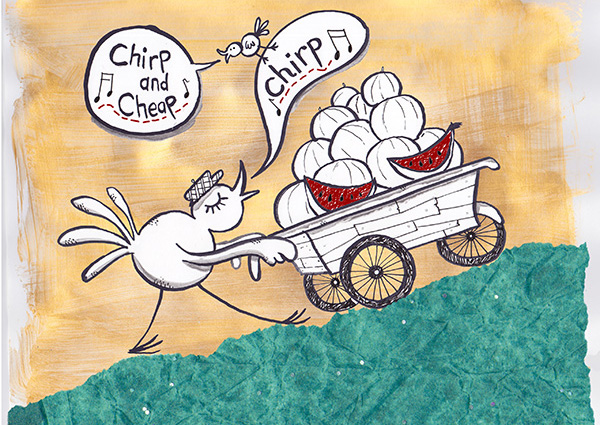
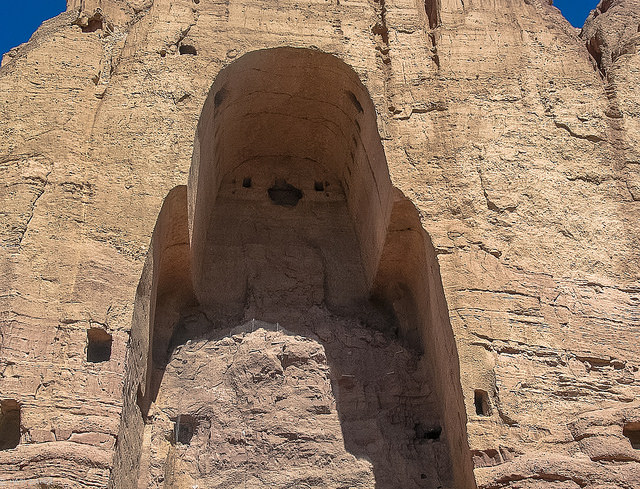
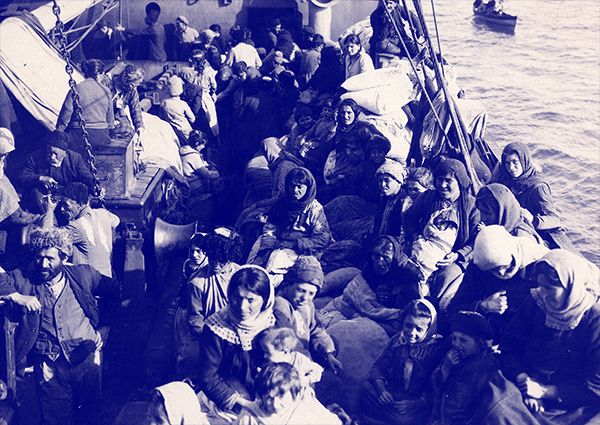
Be Like Water
Boundaries of Nations: The Nonviolent State of Iraq and Syria. The Republic-in-Motion of Lovers Not Fighters. The Government-in-Exile of People Who Just Want to Go to School.

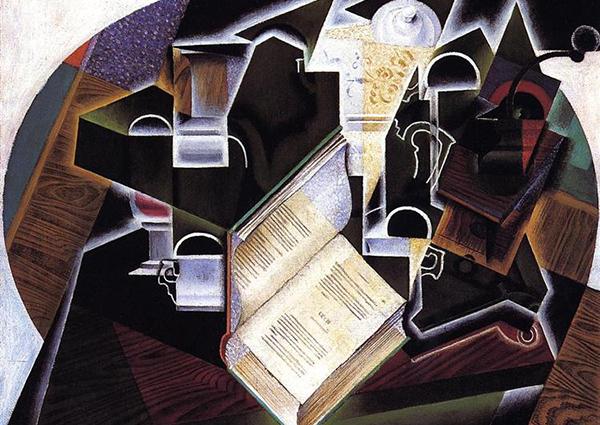
The Book Lady of Kabul
Block by block she maneuvers through the teeming sidewalks of Kabul’s Shar-E-Naw shopping district until she enters Ice-Milk Restaurant, stops at tables.

Karim Alrawi: What If?
The playwright and novelist on state censorship in Egypt, women in revolutions, and writing as an act of hope.
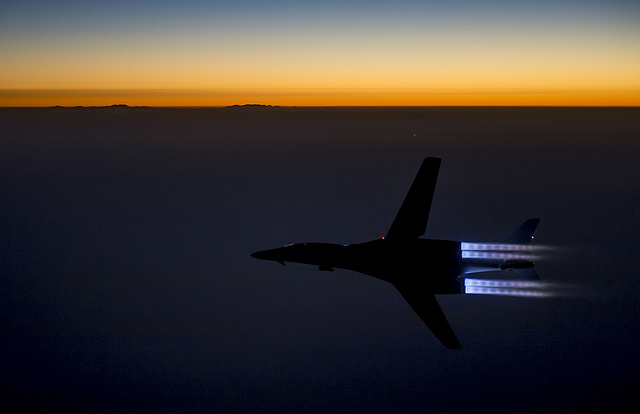
The Fog of Intelligence
With a massive intelligence program, the US is still caught off guard
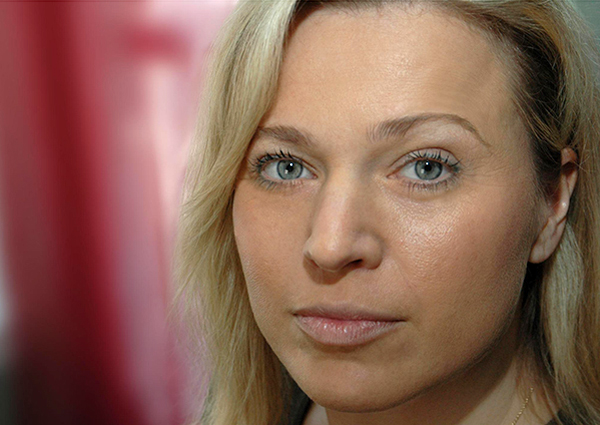
Beth Murphy: Moving the Needle
The filmmaker and journalist on the future of girls’ education in Afghanistan, “white savior narratives,” and documentary as an antidote to compassion fatigue.
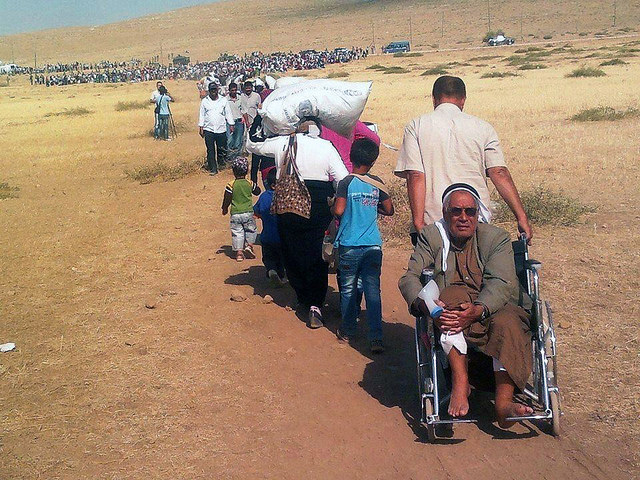

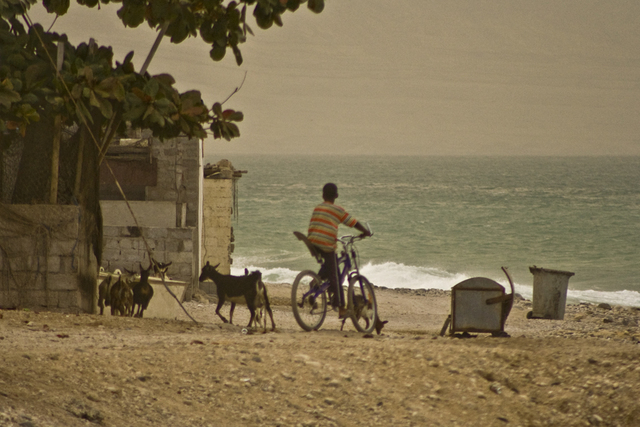
Explorative Strategies
Boundaries of Nature: What happens after we commodify the waves?
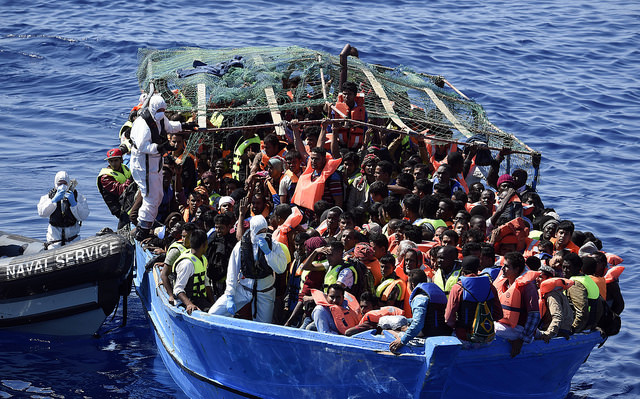
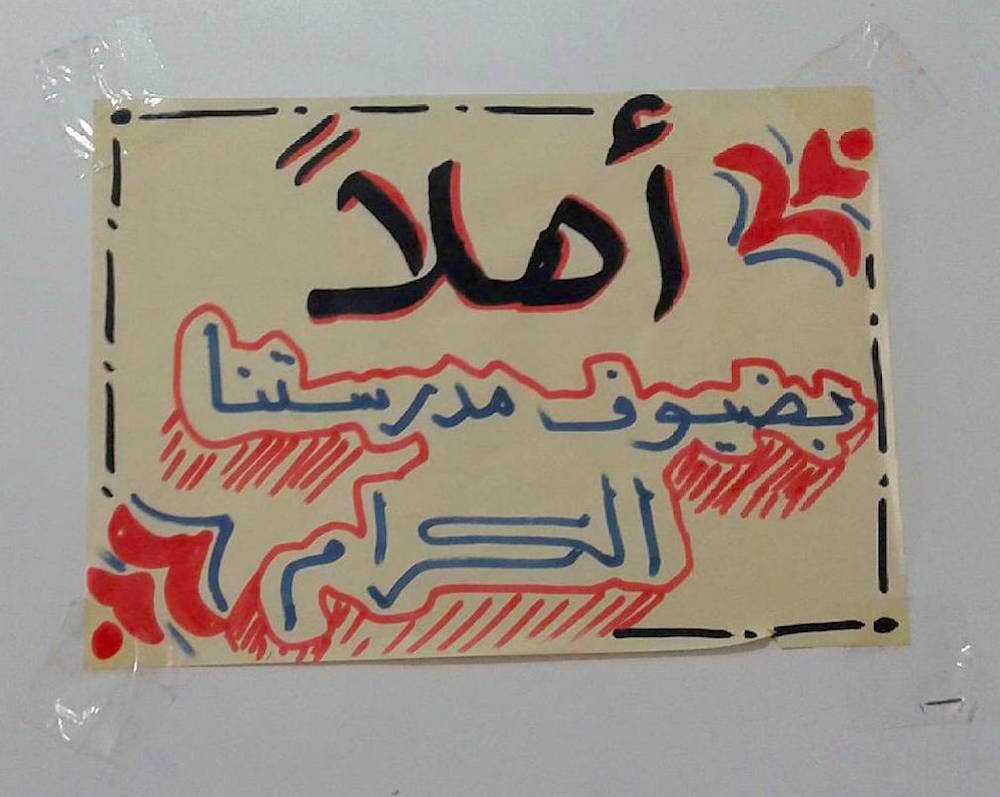
The Resilience in a Smile
Reflections on the legacy of a relief initiative strengthened through its own tragedy.
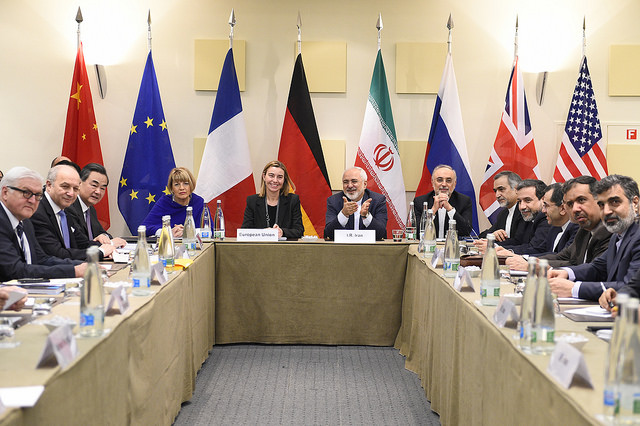
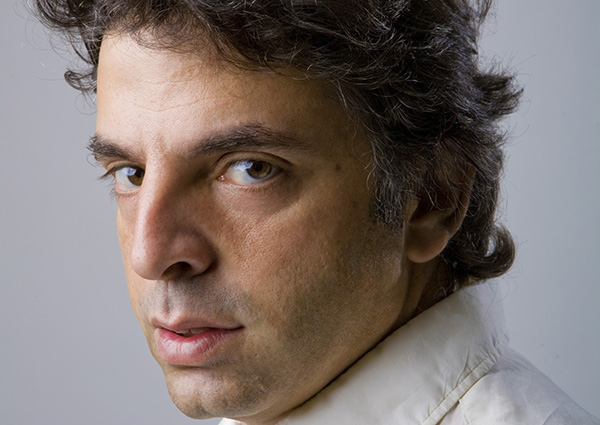
Etgar Keret: We Can Try to Be Human
The Israeli author on the dramatic family histories that fuel his work and the broken promises of his homeland.
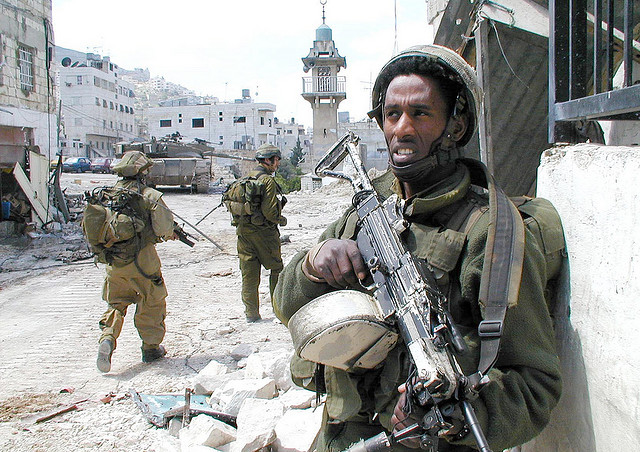
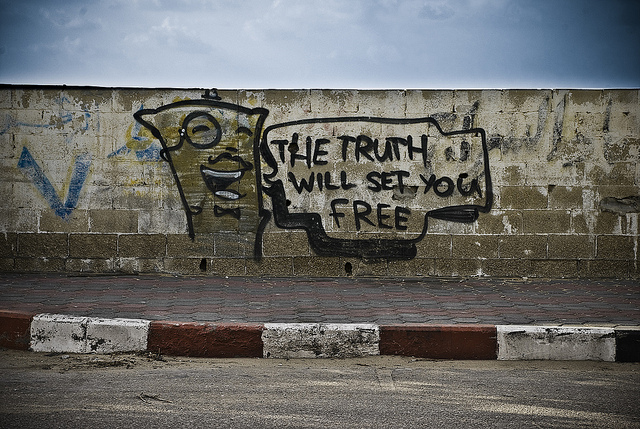
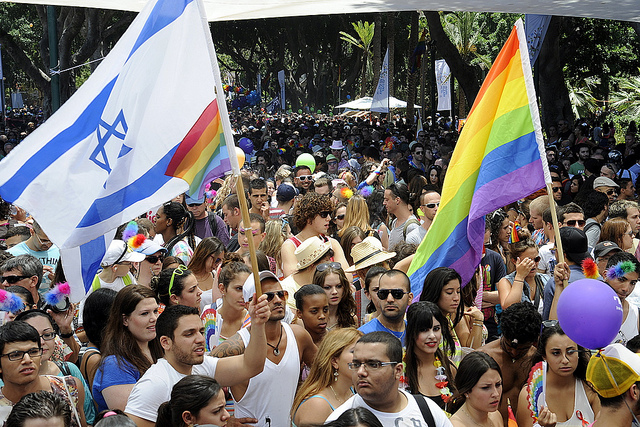
On Extremism and the Control of Bodies
Two acts of terrorism stir up memories of the West Bank and homophobia.
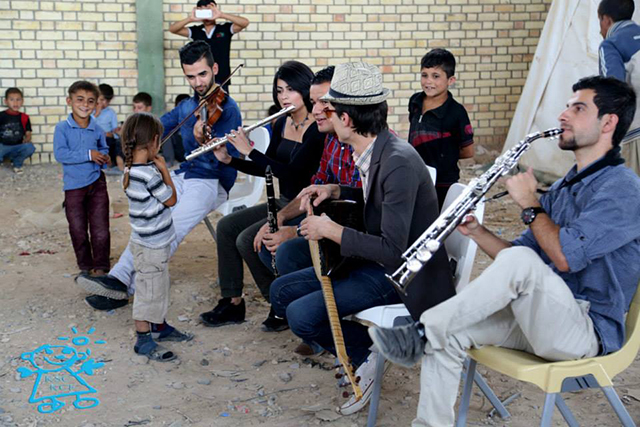

Parodies of Parity
Our understanding of Israel’s occupation of Palestine must be reoriented to acknowledge the relation between oppressor and oppressed is not one of equal responsibility.
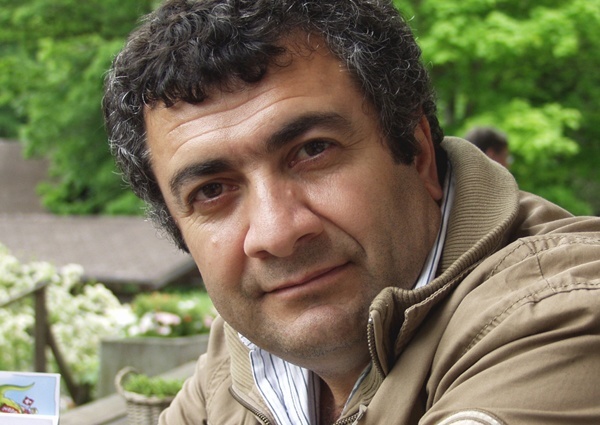
Mano Khalil: A Dangerous Language
The Kurdish filmmaker on deploying a camera rather than a gun to fight for his community.
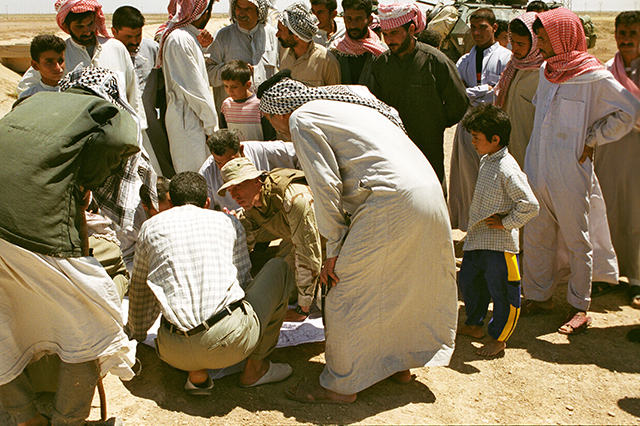
Back to War
Vietnam and Iraq war veterans find closure only by returning to their war zones.
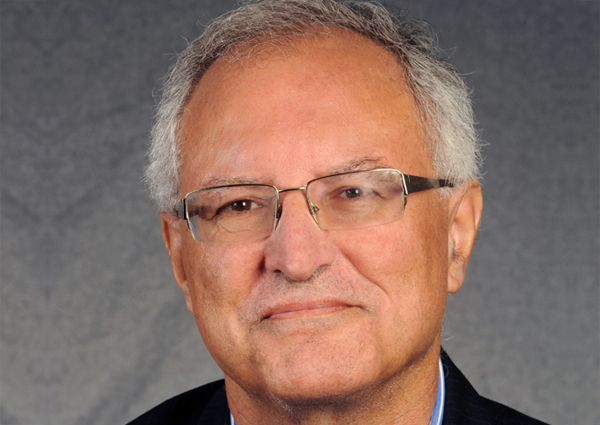
Mohammed Dajani Daoudi: Journey to the Other
The scholar and peace activist on Palestinian centrism, living as an exile, and learning from both Fatah and Israeli soldiers on the road to radical compassion.
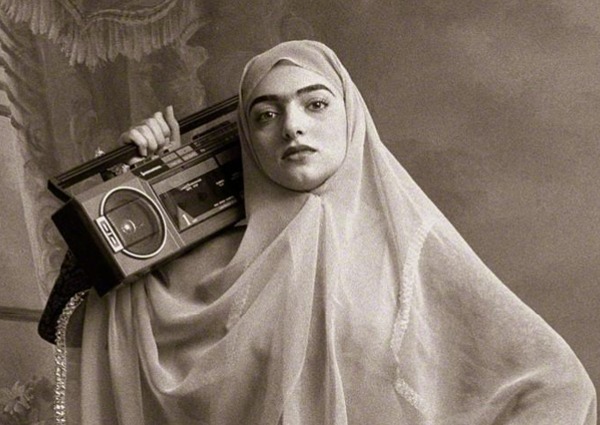
How to Be a Woman in Tehran
Boundaries of Gender: I stay because, as my mother never stopped repeating, I am my own woman, but also my own man.
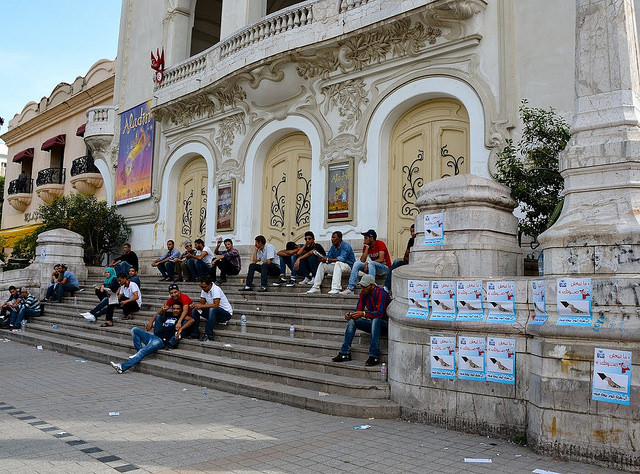
Reinventing the Revolution in Tunis
Four years after its revolution, what has changed for Tunisia, and for the rest of the world?
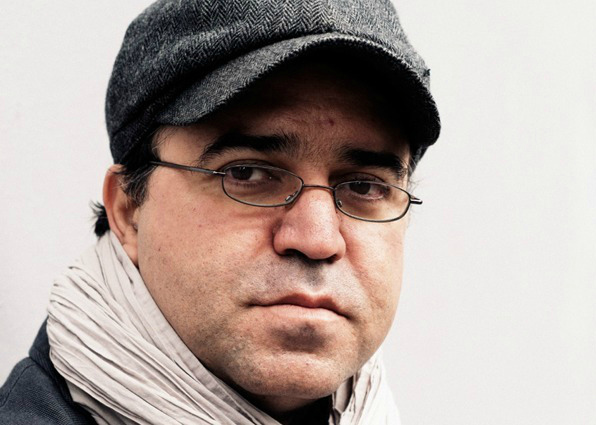
Mohammad Ali Atassi: Syria in Its Own Image
The documentarian and journalist on the nation’s portrayal in the global media, the power of emergency cinema, and the role of the intellectual in revolution.
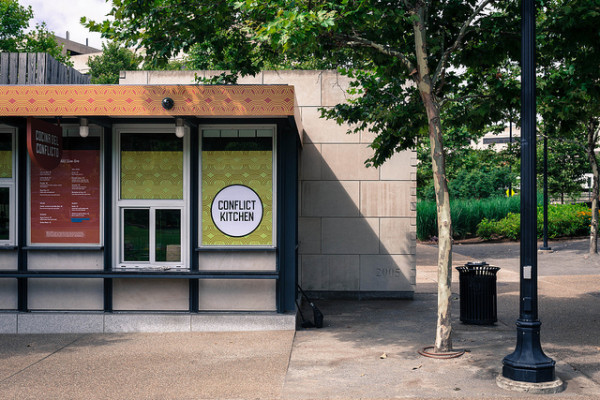
Jon Rubin: Conflict Kitchen
Chelsea Haines talks with artist Jon Rubin about the surprisingly controversial politics of serving Palestinian food in Pittsburgh.
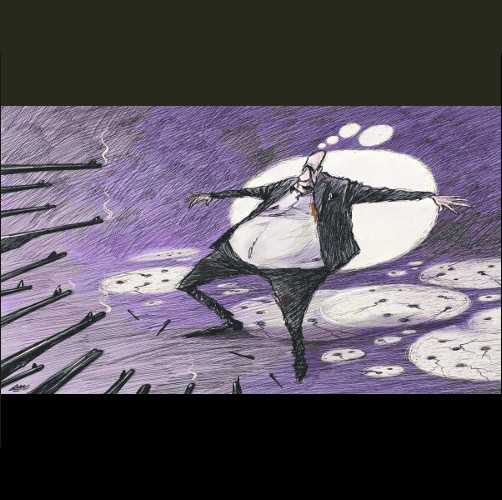
The Dangerous Lives of Cartoonists
Cartoonists across the Middle East denounced the Charlie Hebdo murders with work that reflects their own daily struggle against censorship and intimidation.
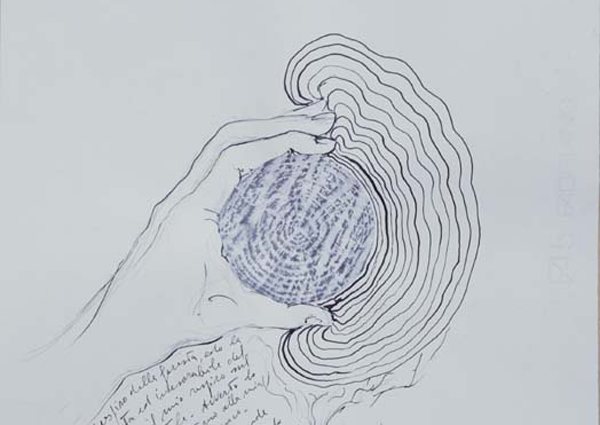
What the Trees Reveal
When we moved to the Ella Valley, my partner and I took great care not to build on land that might have belonged to Palestinians before the war of 1948.

Fatherland
When they arrived in Abbottabad, my mother thought it was the most beautiful place she had ever seen. My father was glad for his homecoming.
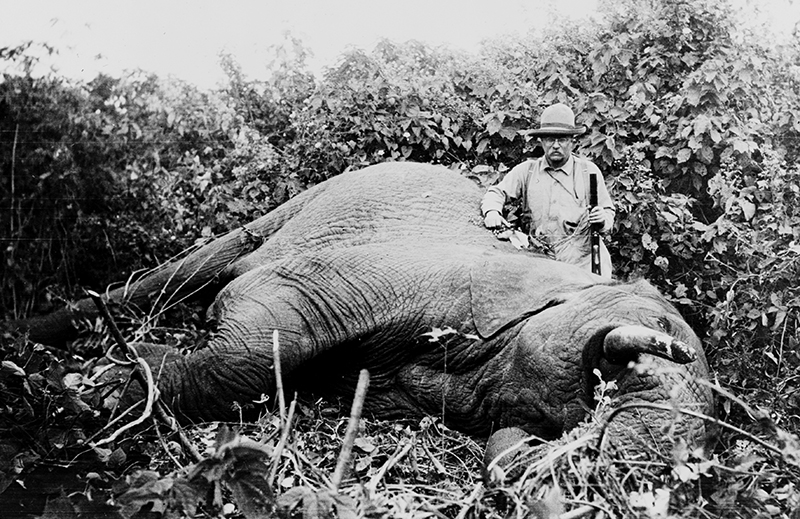
Avi Asher-Schapiro: Obama’s Elephant Gun
Is the US attacking ISIS to avoid looking the fool?
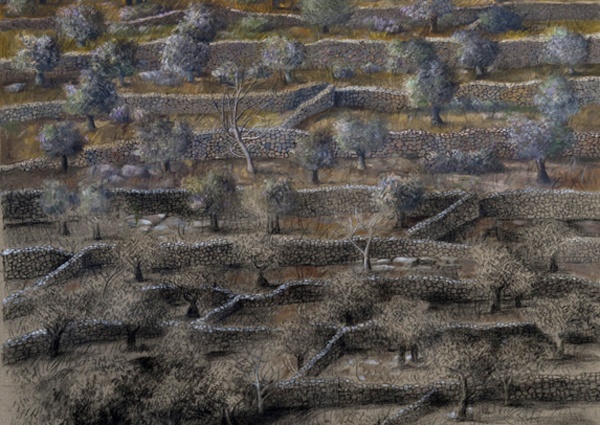
Once Returned
I admit my decision to move my family to Gaza is kind of strange.

Prison Journal of a Child Bride
At times I wonder whether they considered me a human being or a lamb to sacrifice for their own good.

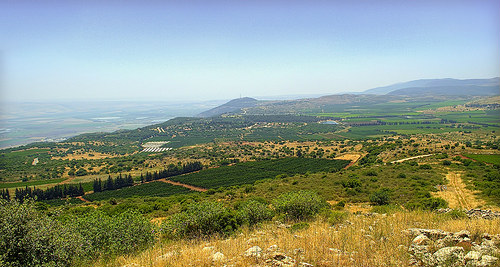
Summer of War and Apricots
Identity and amour in an Israeli kibbutz following the Six-Day War.
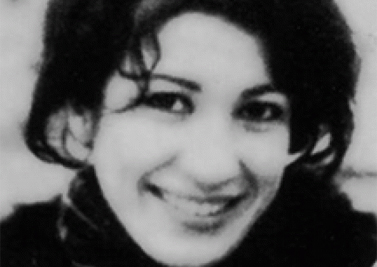
Poetry as Life Cycles
Fifty years ago, Forugh Farrokhzad’s 'Another Birth' modernized and scandalized Iranian poetry with its radical feminine voice.
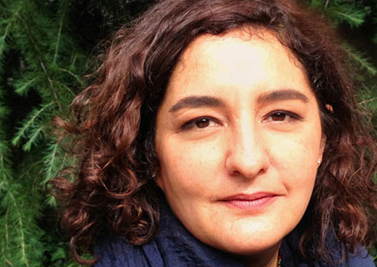
Mais Darwazah: By the Sea
The filmmaker on finding inspiration in poetry and the meaning of “home” in Palestine.

Revolutionary Nice
Free Expression: The surprising weapon of the Taksim Gezi Park protests: a cheery disposition.
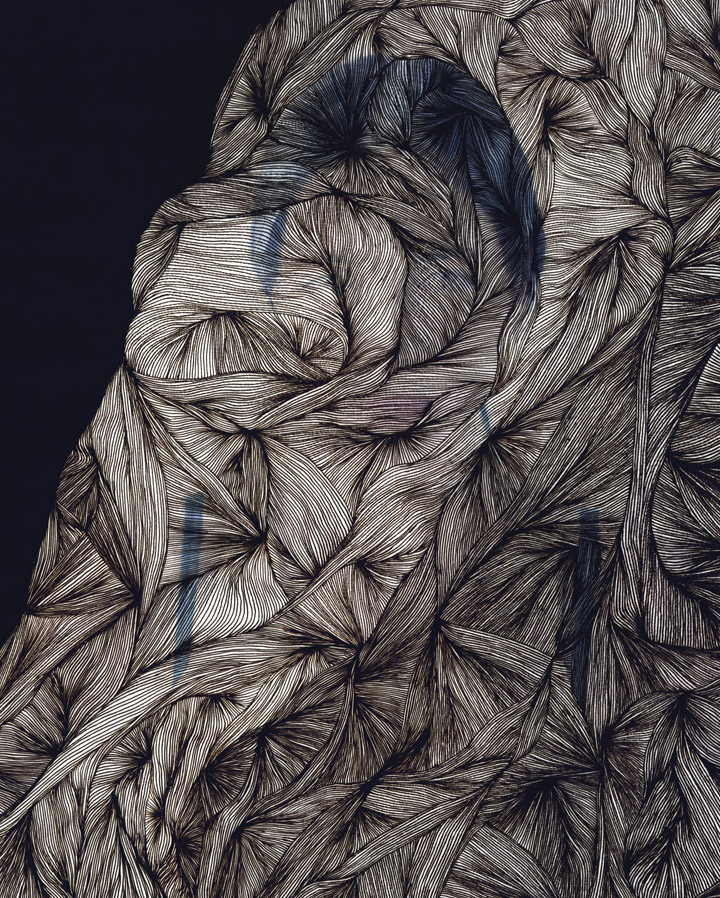
On Jowhara AlSaud’s Dual Censorship

An Iranian in Paris
Asghar Farhadi’s The Past raises questions about what makes a film Iranian and how we should treat that category in the first place
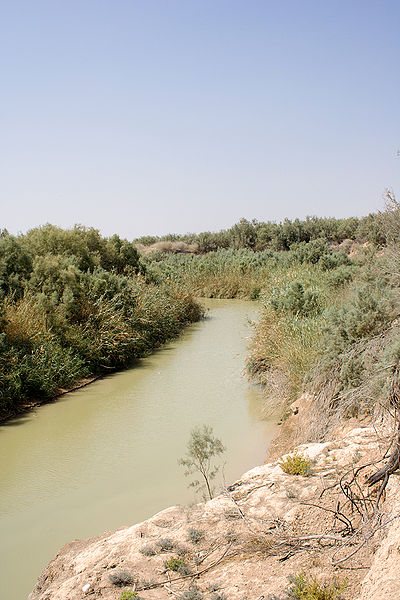
A Deluge of Sewage in Palestine, but Still No Water
When a natural resource becomes a weapon of war.
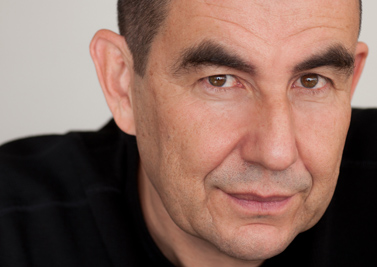
Ari Shavit: From Left Field
The controversial author unravels the complexity of the Israel-Palestine conflict and the “inevitable tragedy” at the heart of Zionism.

Heather Rounds is Over ‘There’
Part essay, part interview, part author, part reader, part 'she,' part The Man of Small Vital Facts.